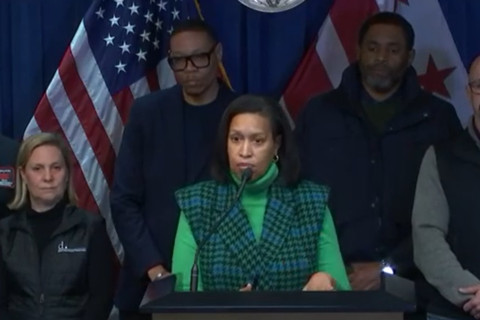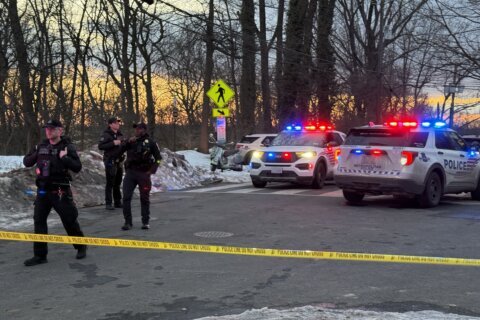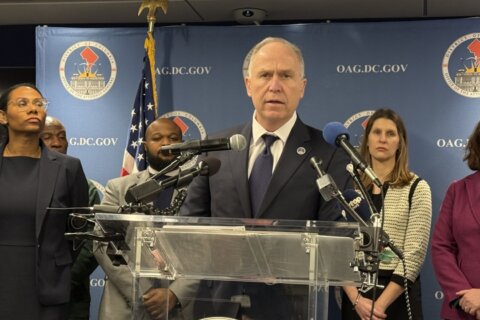WASHINGTON — Forty years ago this week, armed terrorists stormed three D.C. buildings and took nearly 150 people hostage.
To commemorate the anniversary of the three-day Hanafi siege, a photo exhibit is currently on display at the Wilson Building.
Many of those photos are from the Washington Star archive, and some were never published. WTOP put together a video (above) that includes these photos.
Although the siege has largely been forgotten, a former WTOP newsman remembers it well.
Jim Bohannon, now a syndicated radio talk show host, was anchoring on WTOP on March 9, 1977, when word came in of trouble at three buildings, including what is now the Wilson Building.
“It quickly became apparent that these were three interconnected incidents, three hostage-takings, by a group known as Hanafi Muslims,” Bohannon told WTOP.
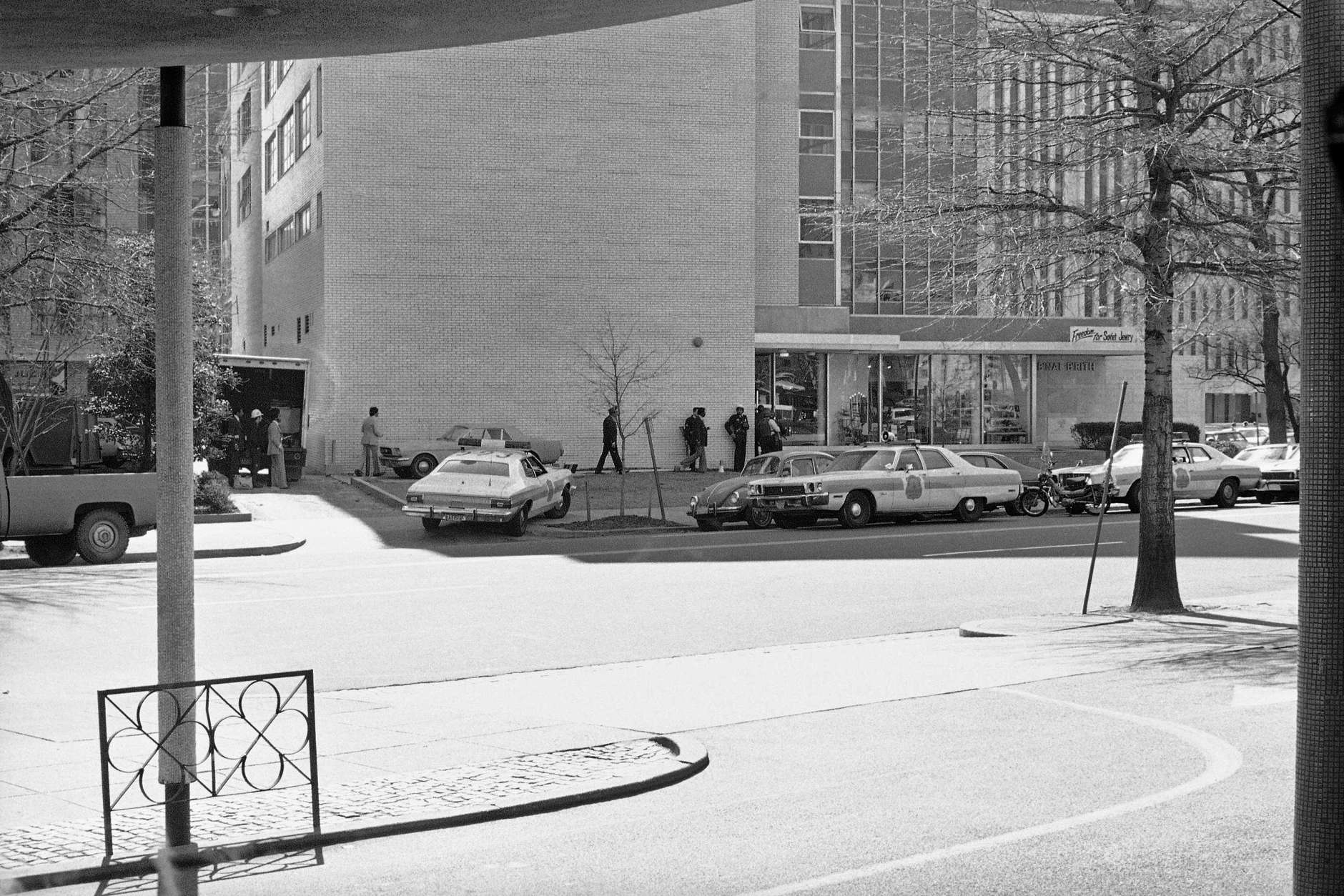
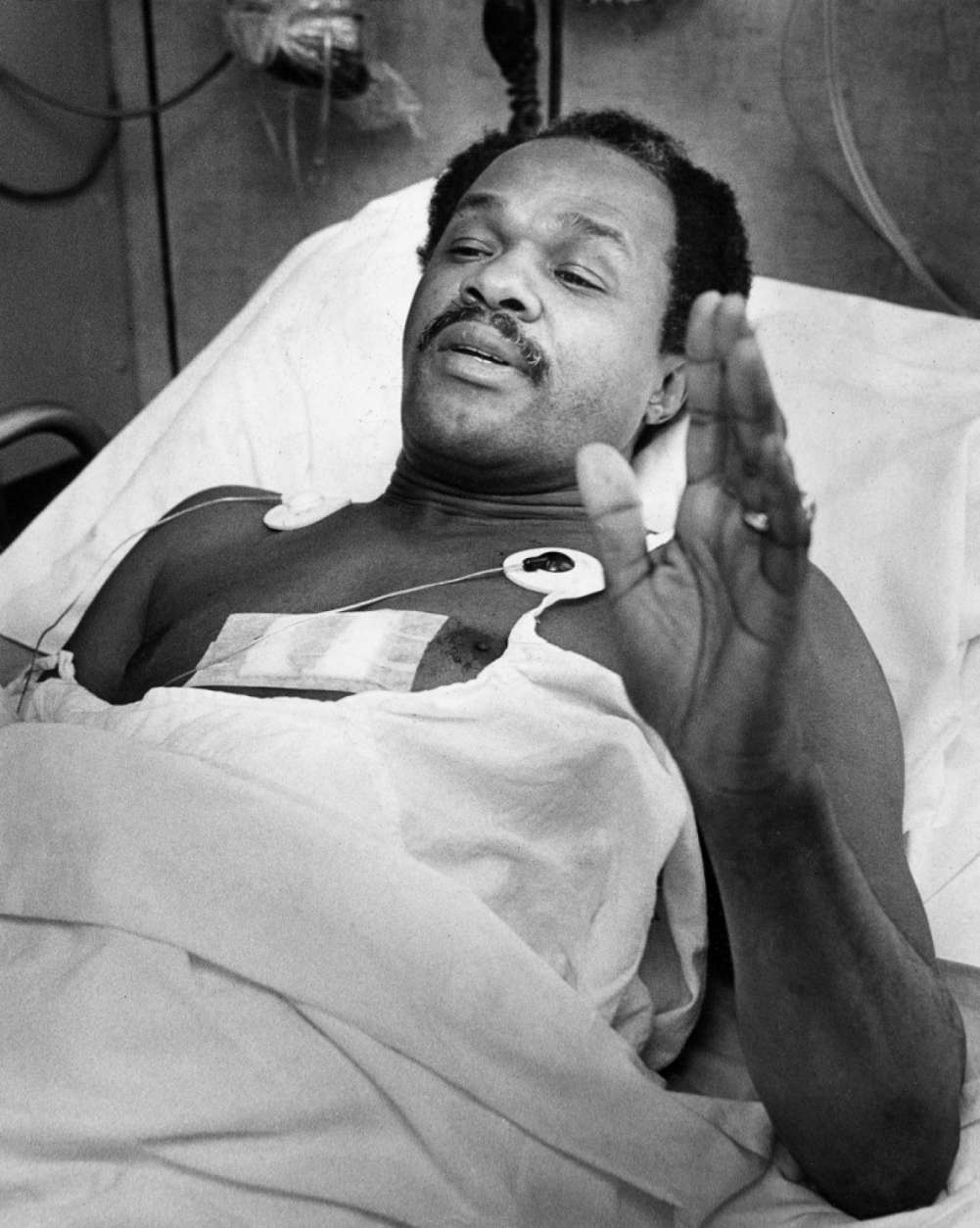
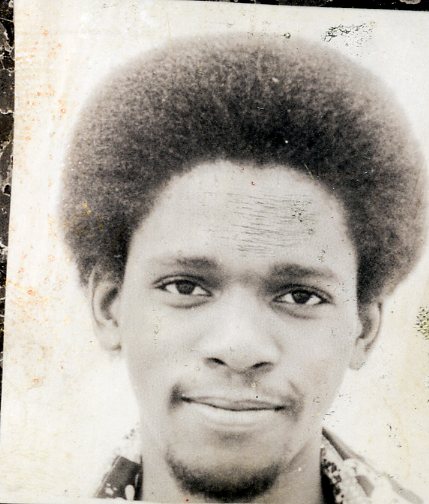
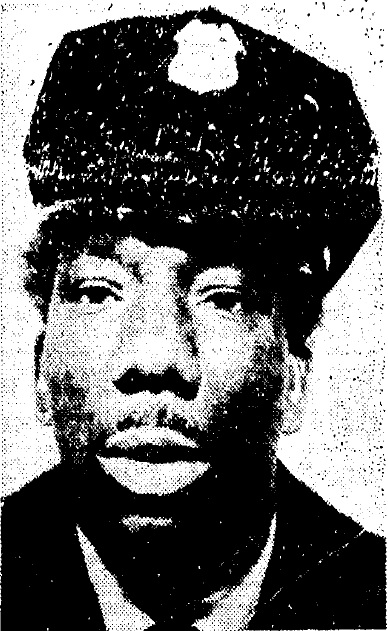
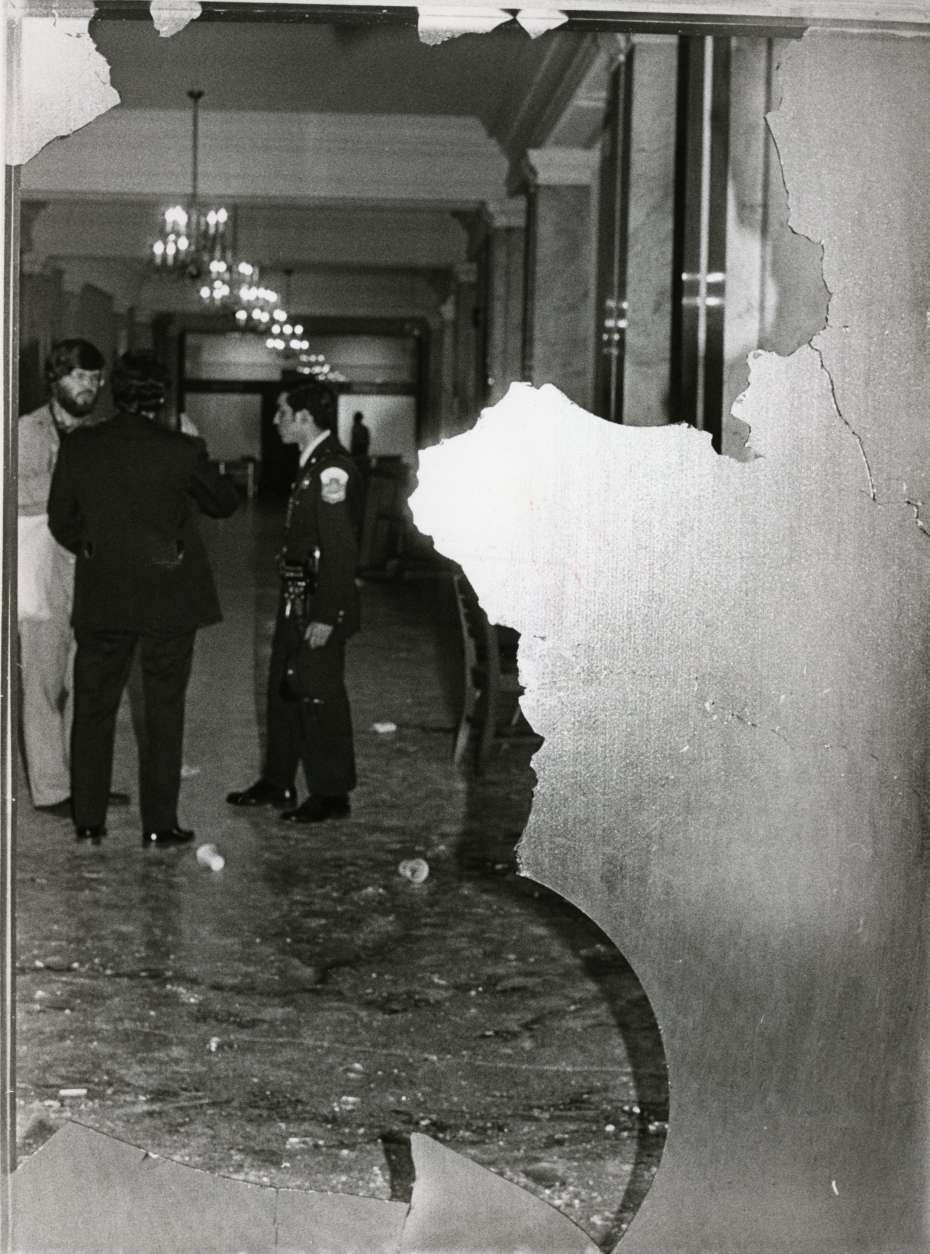
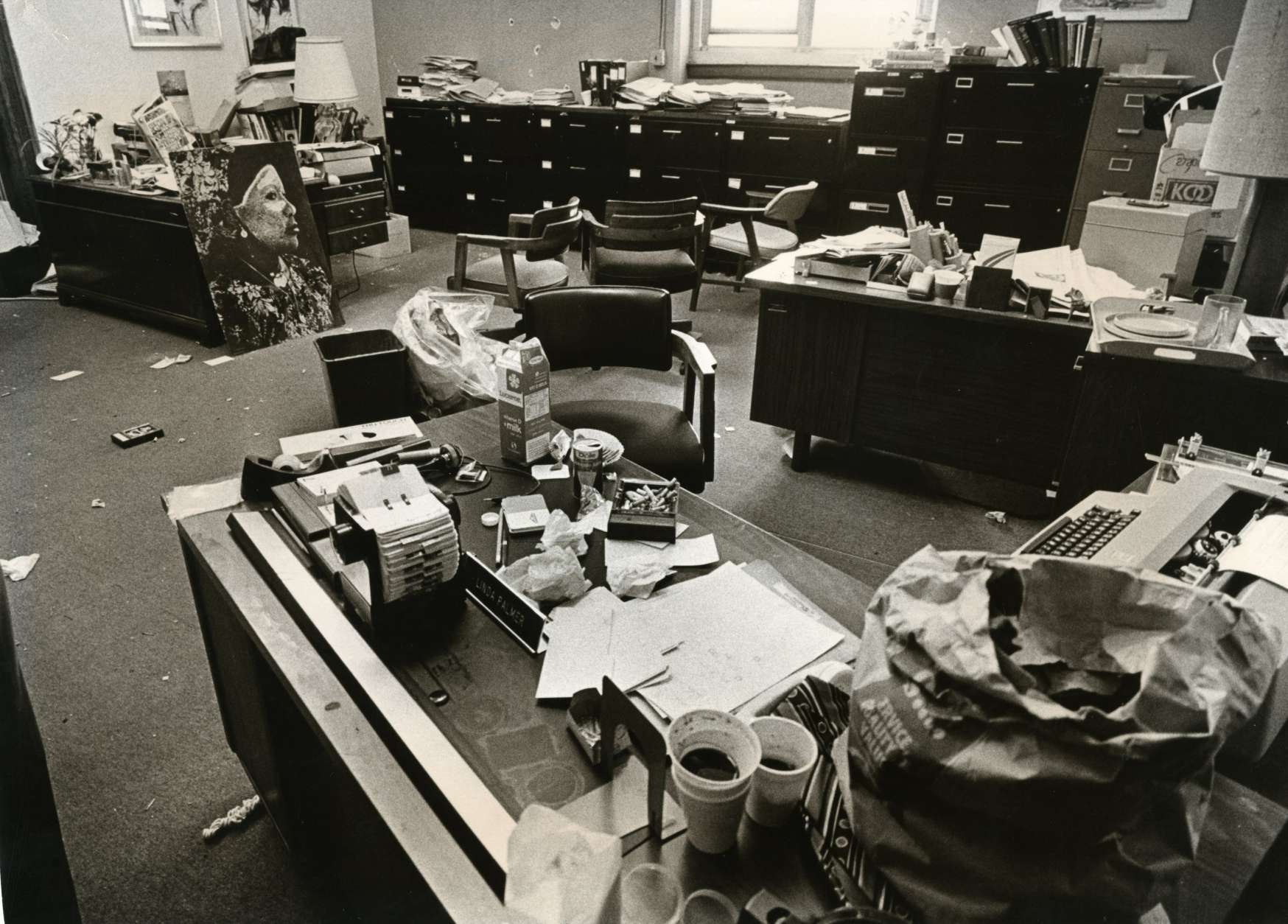
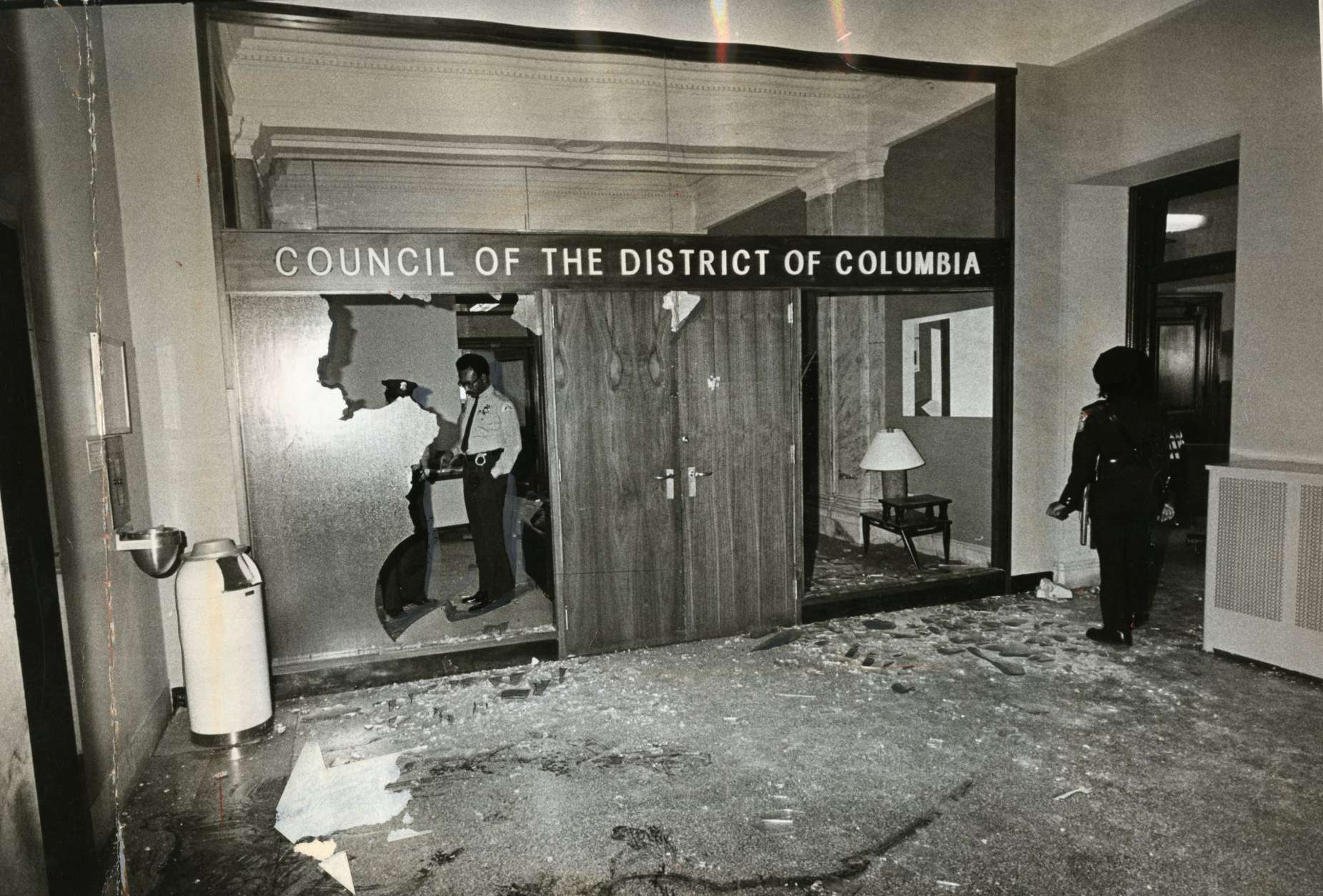
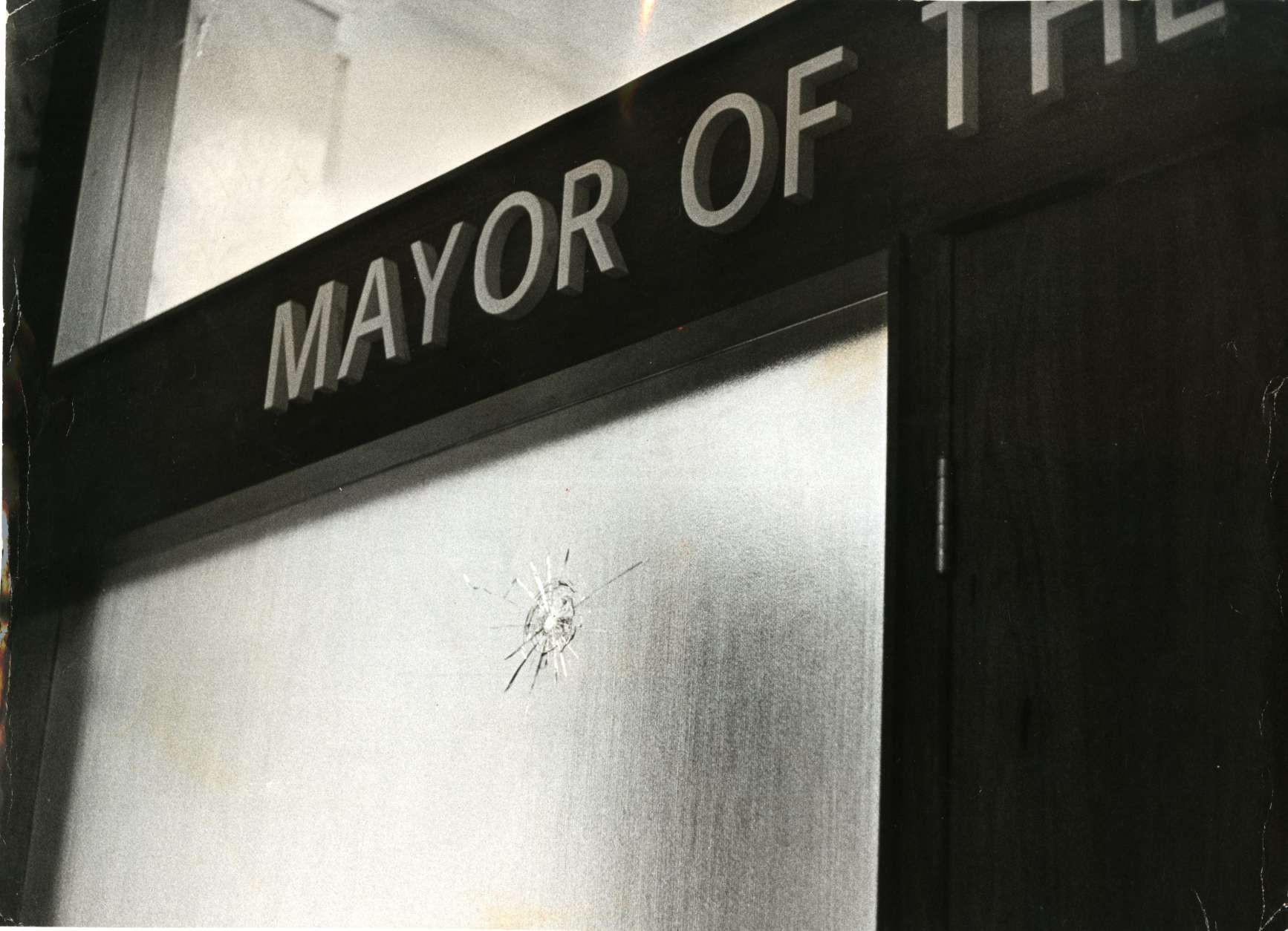
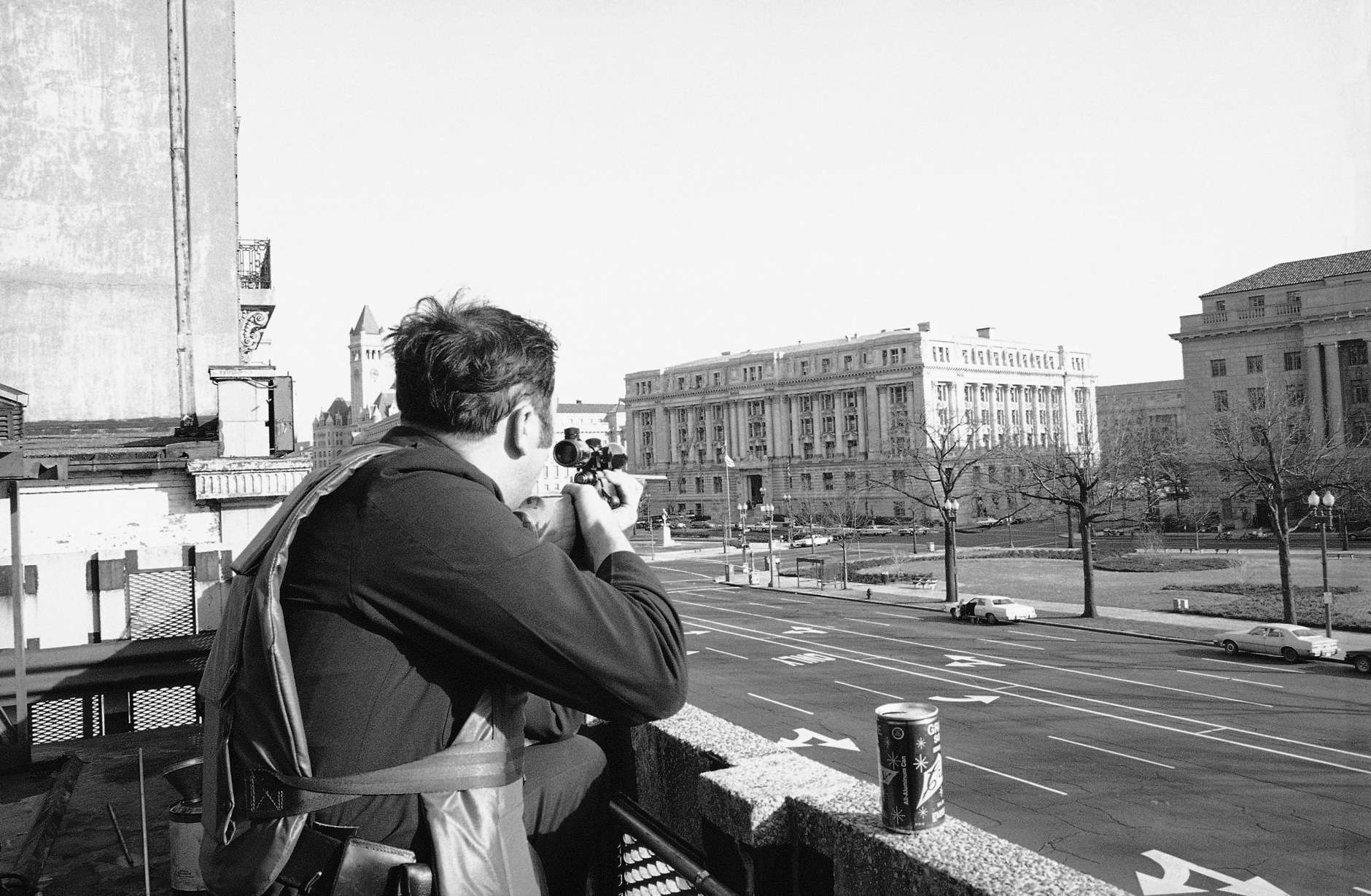
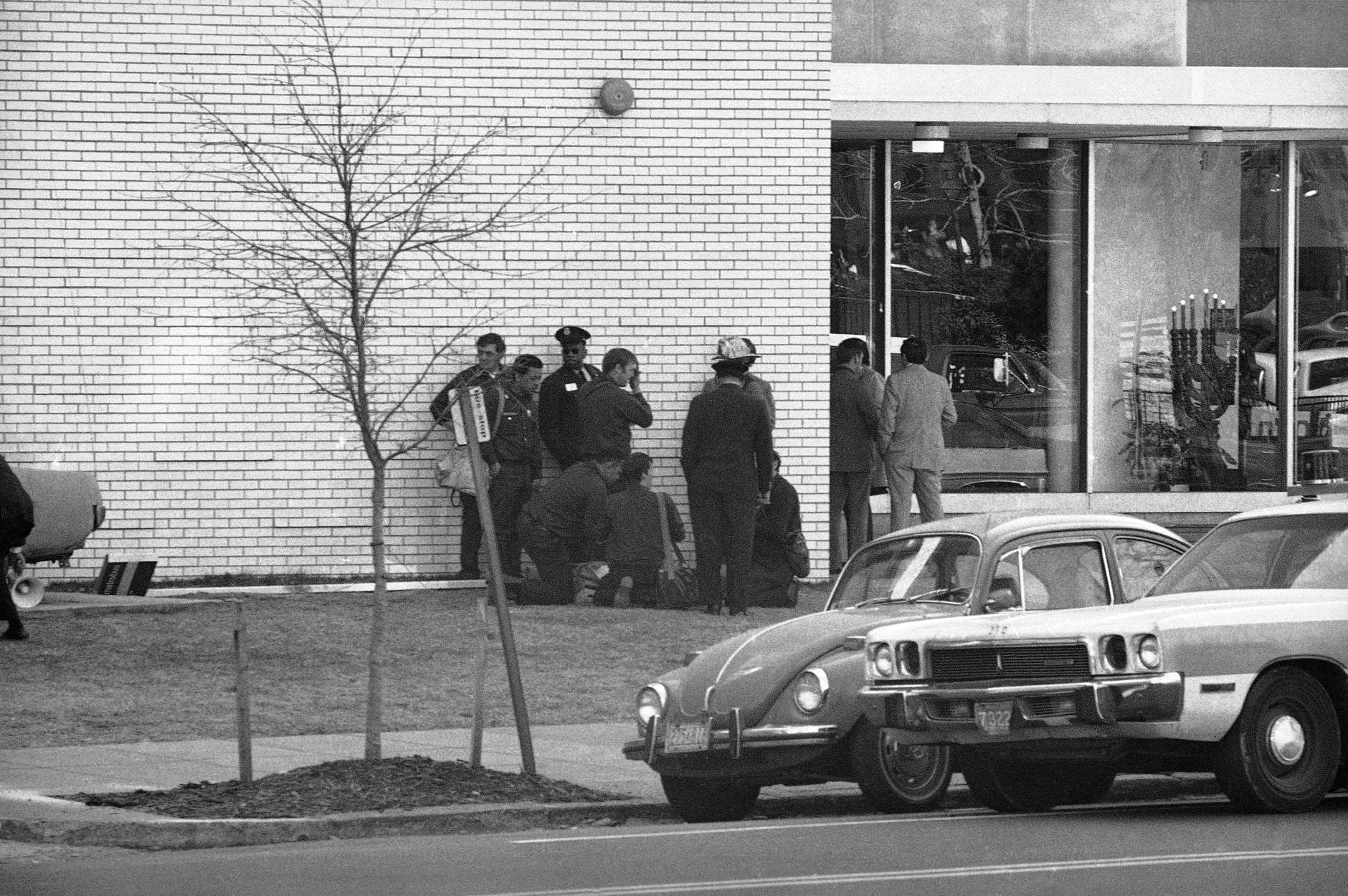
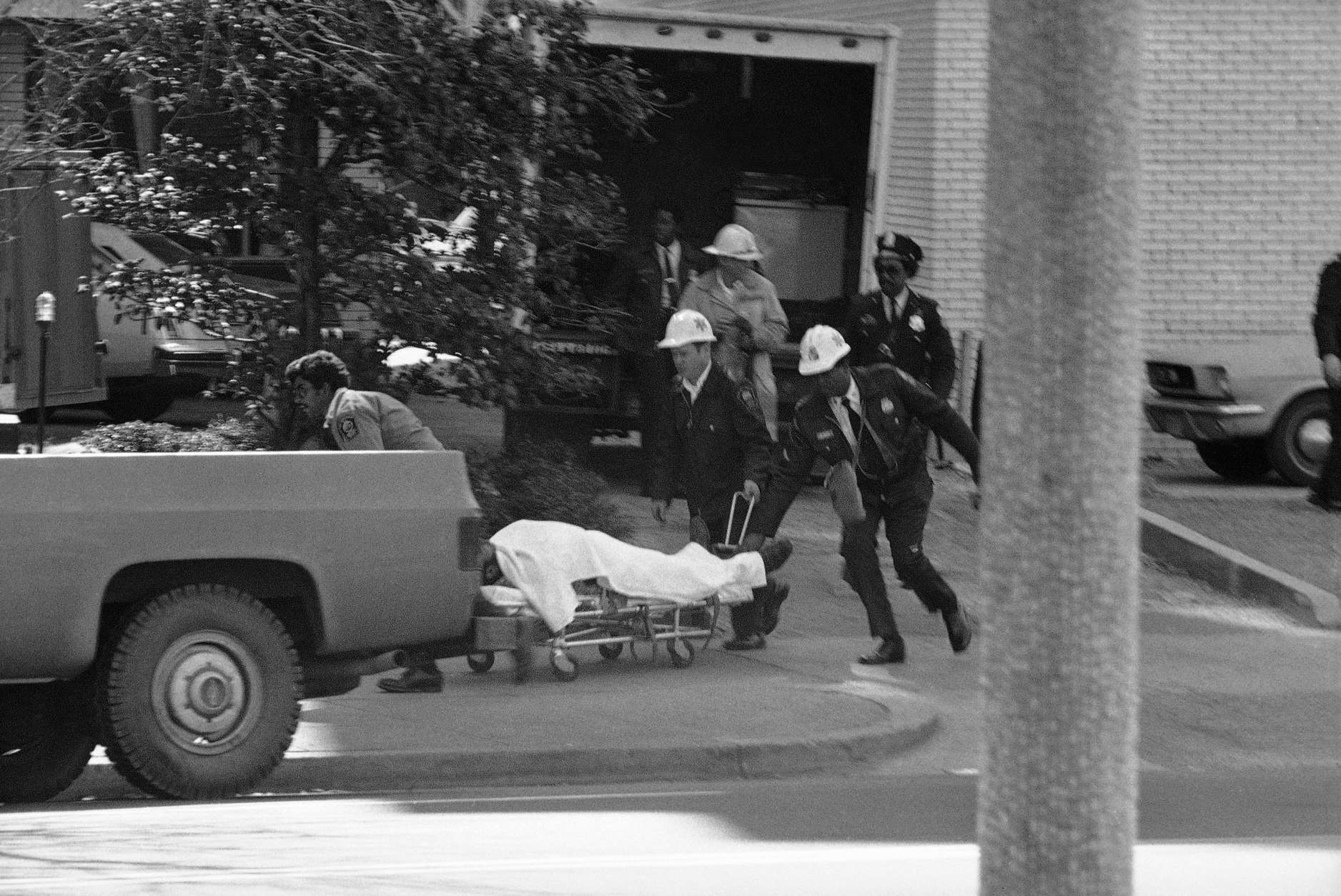
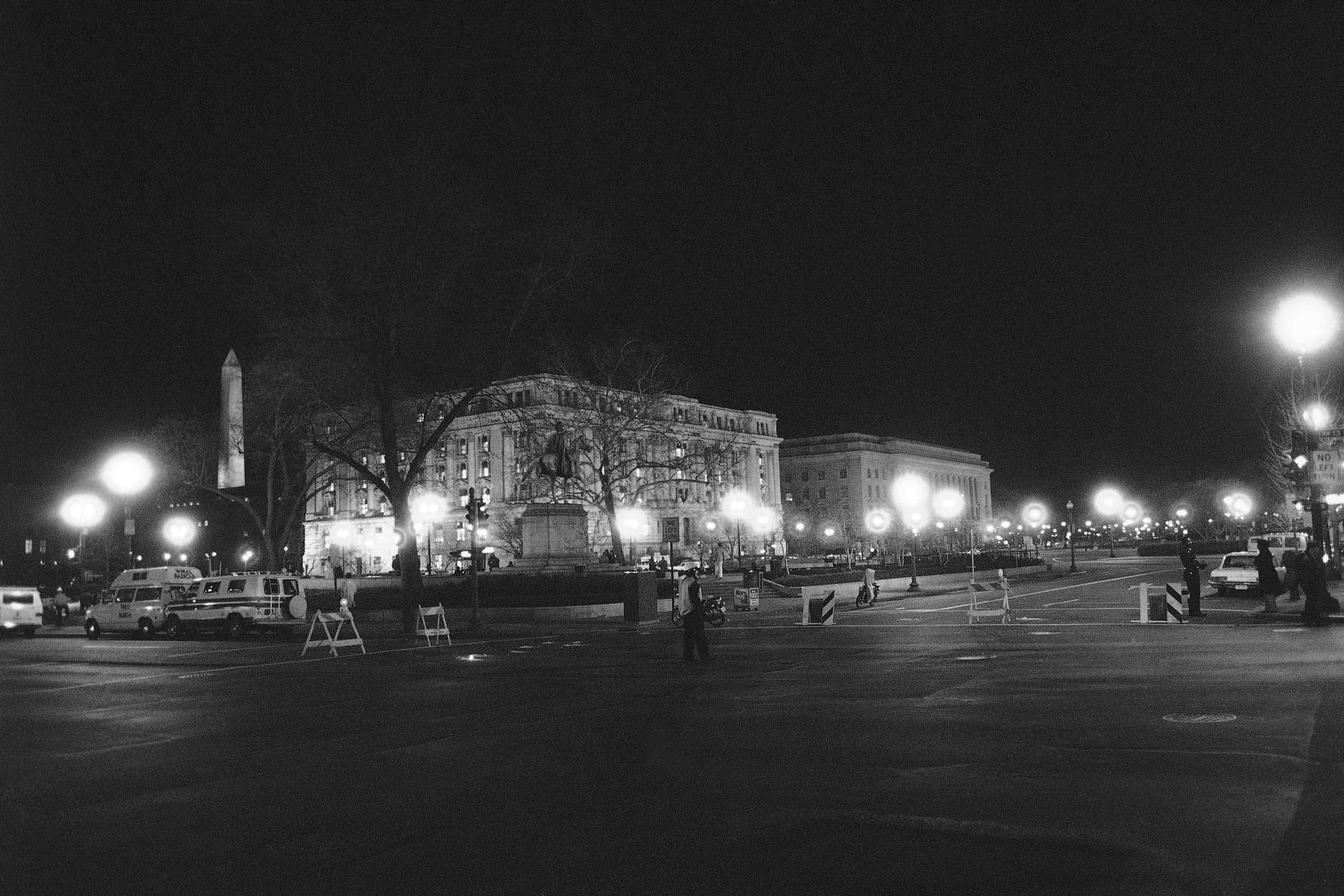
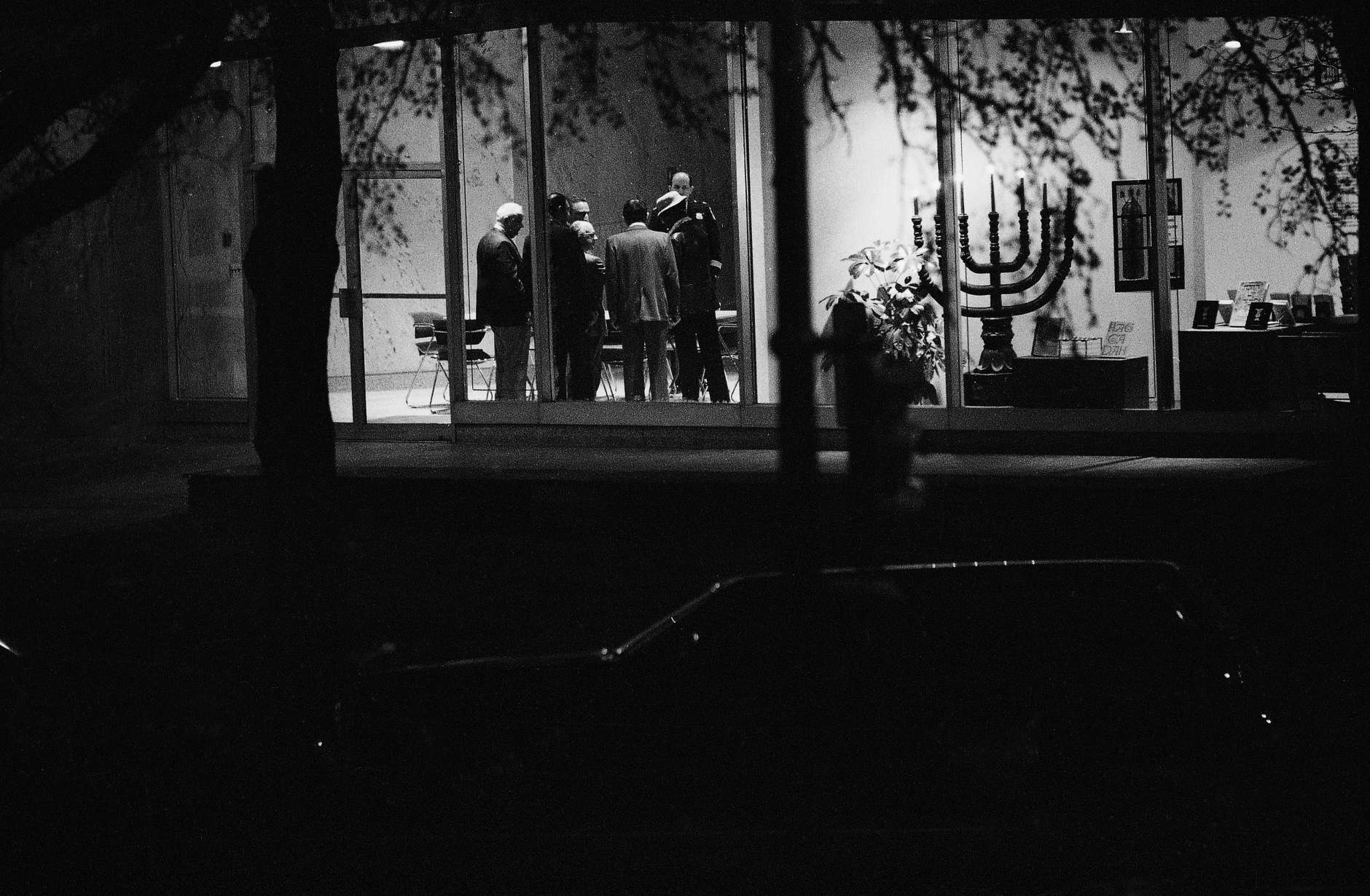
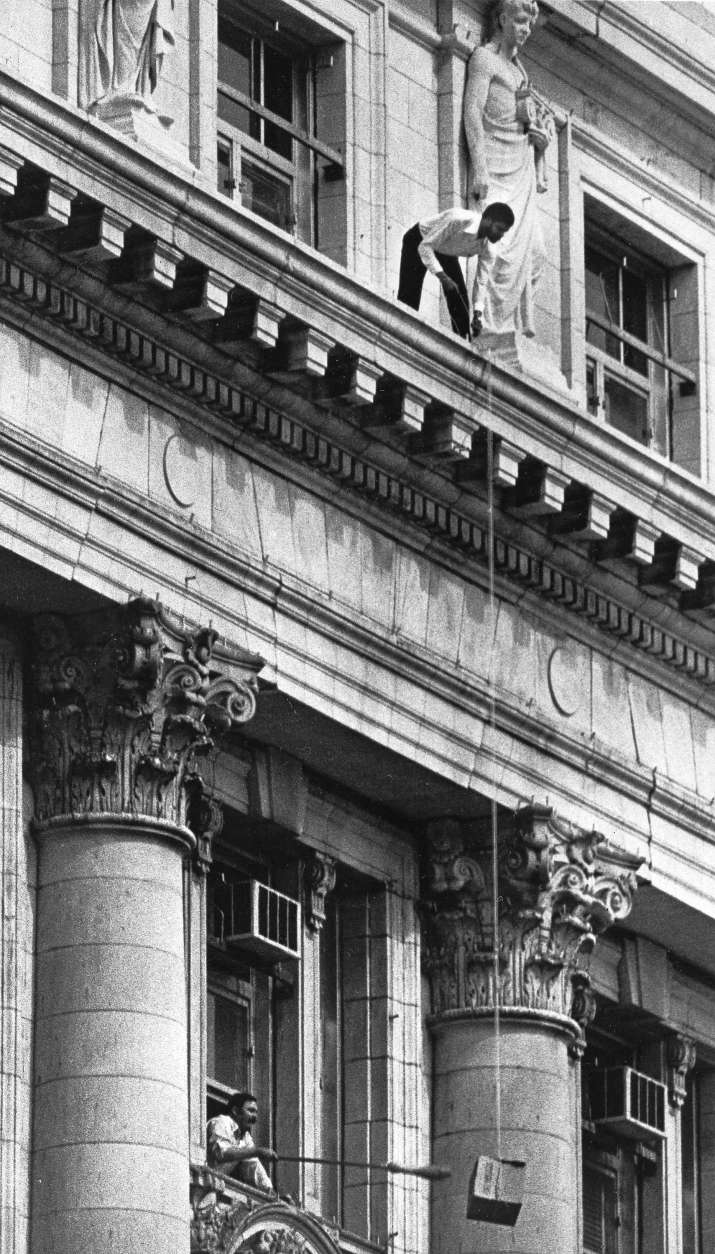
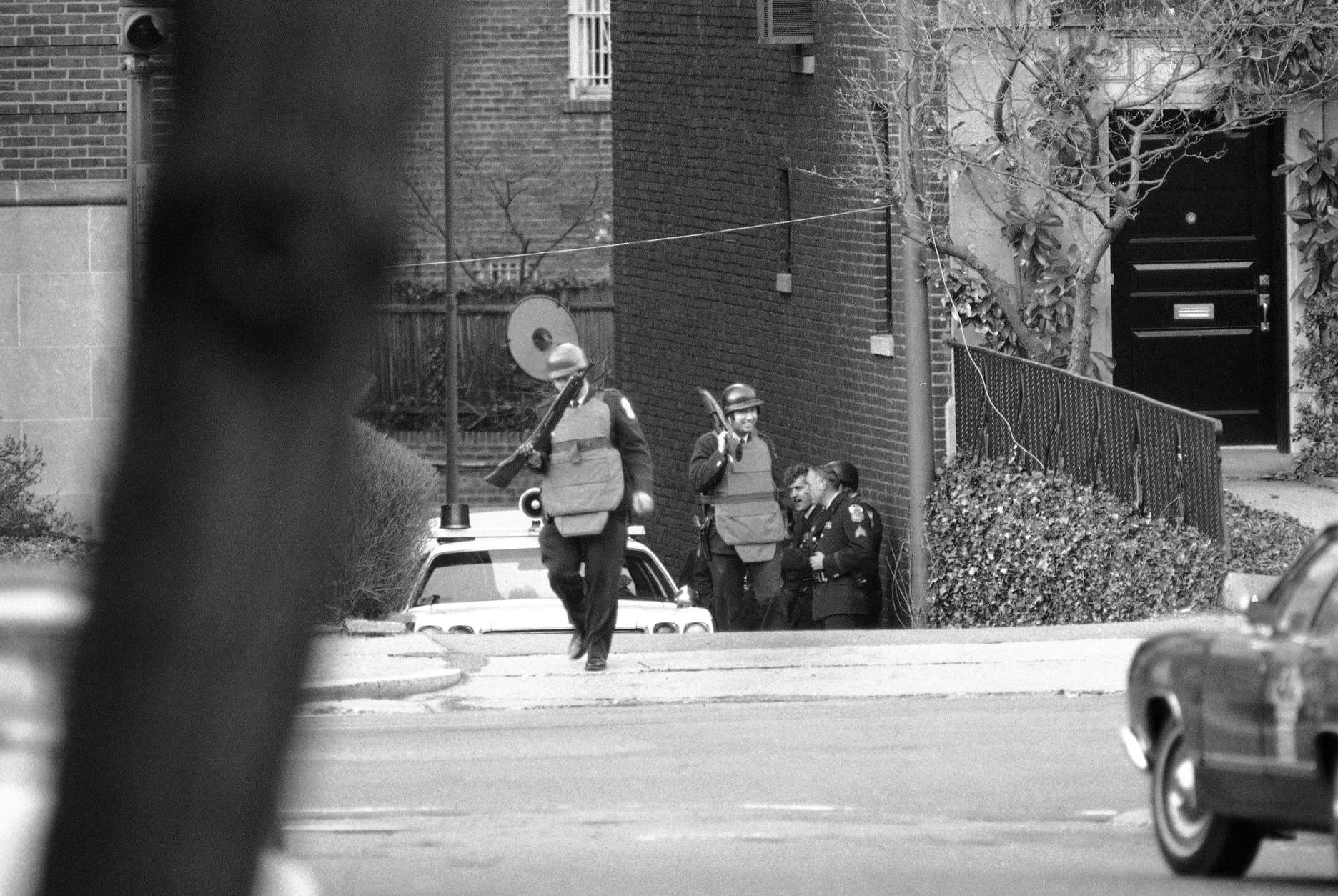
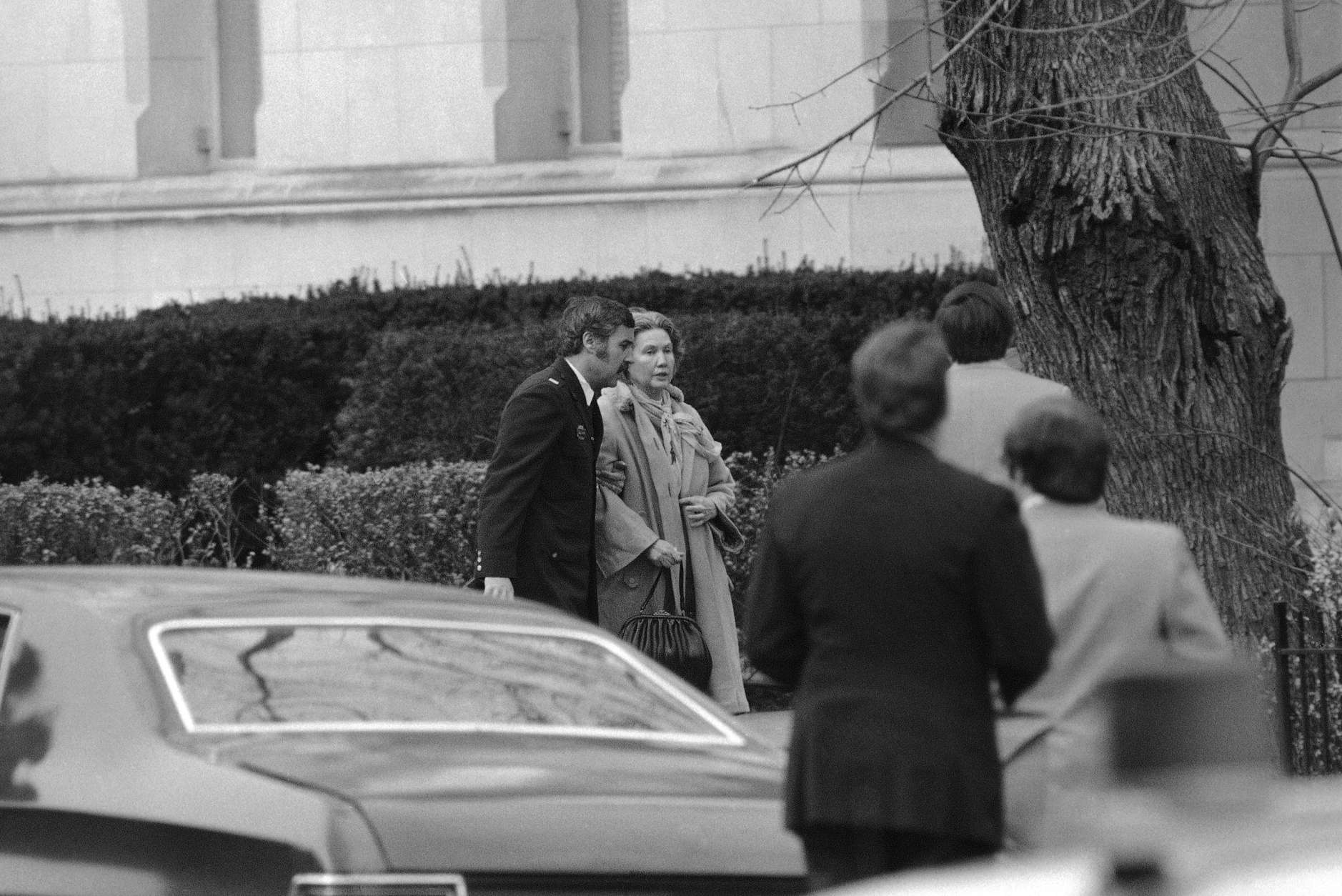
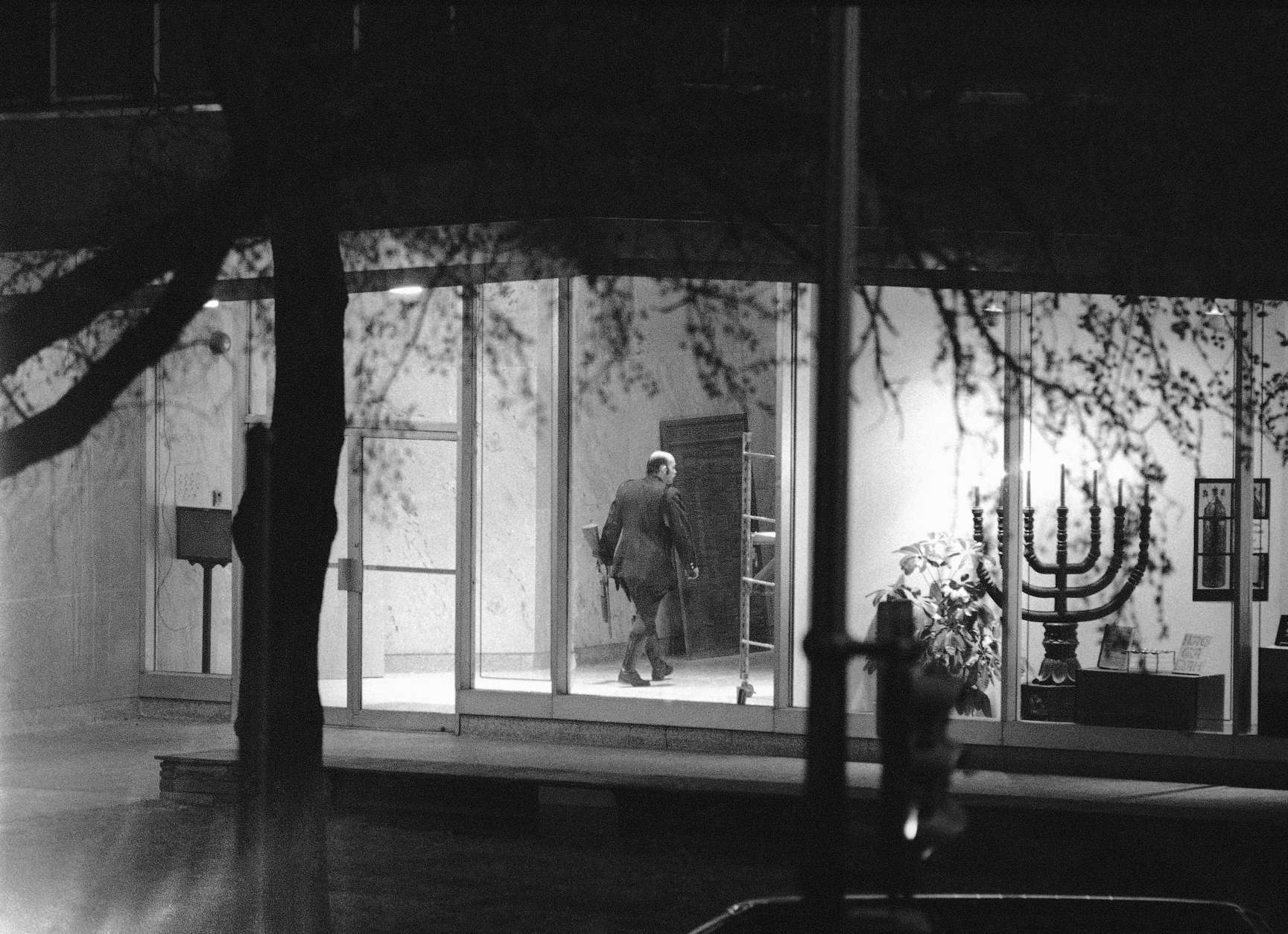
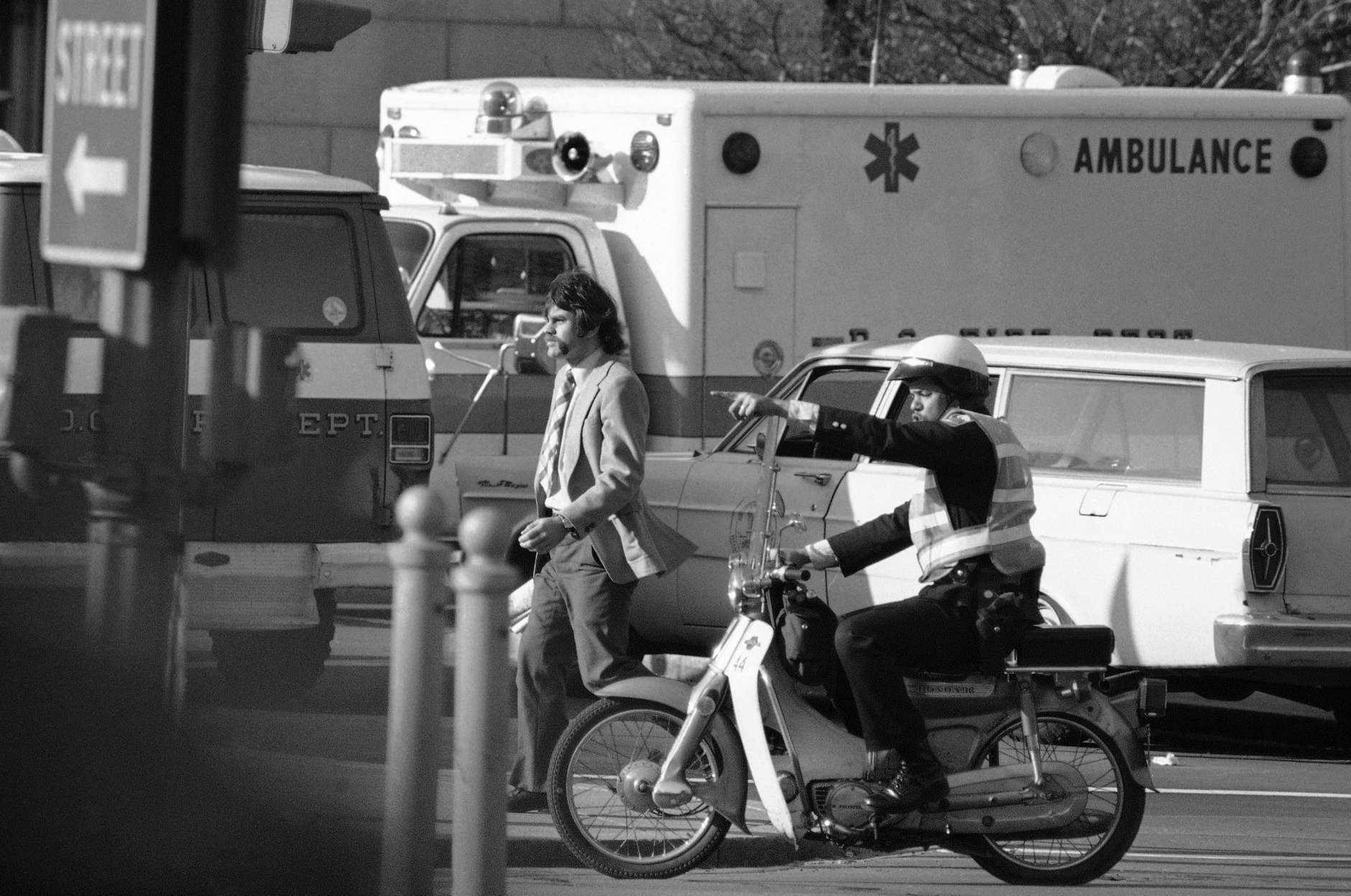
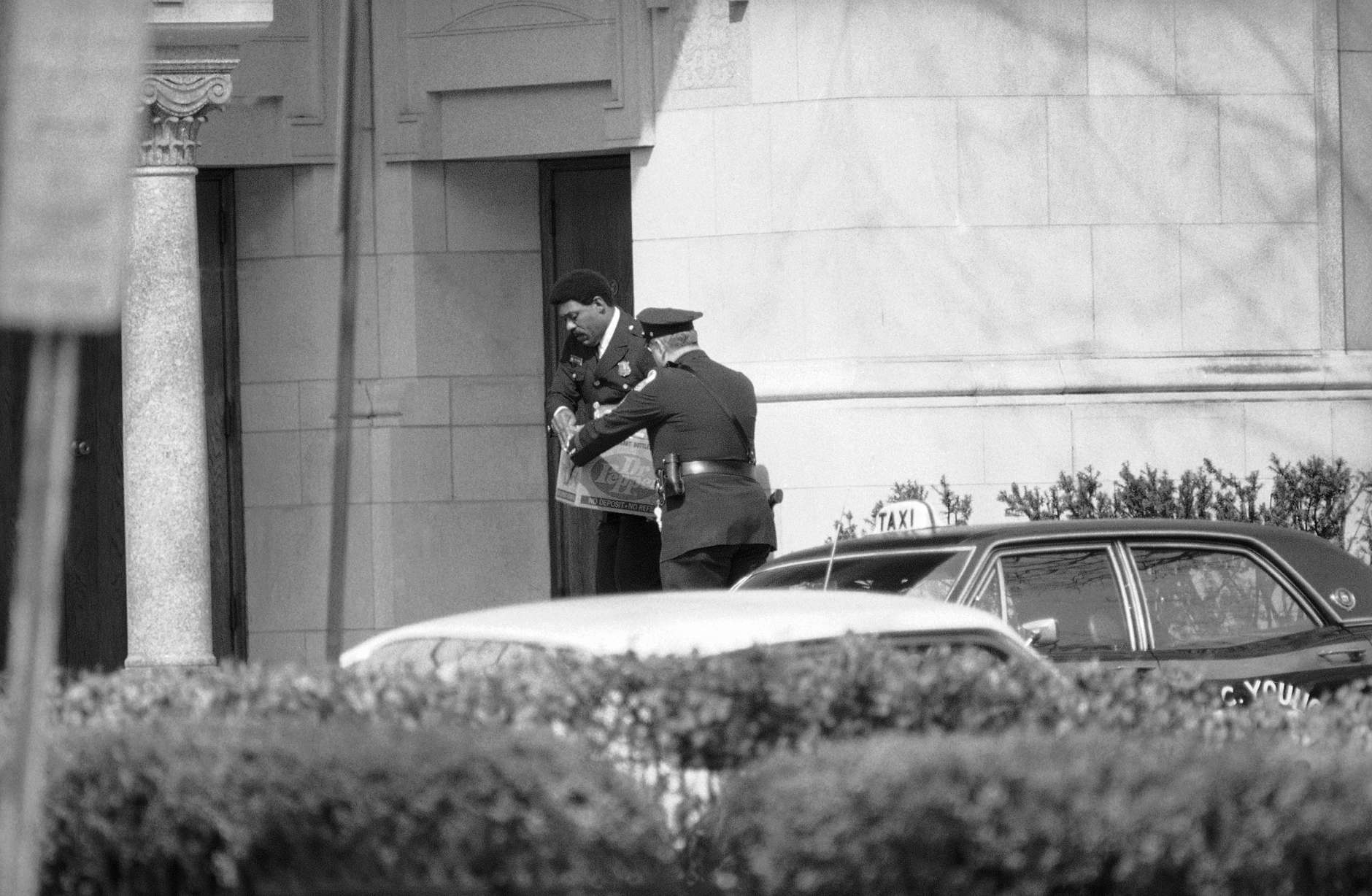
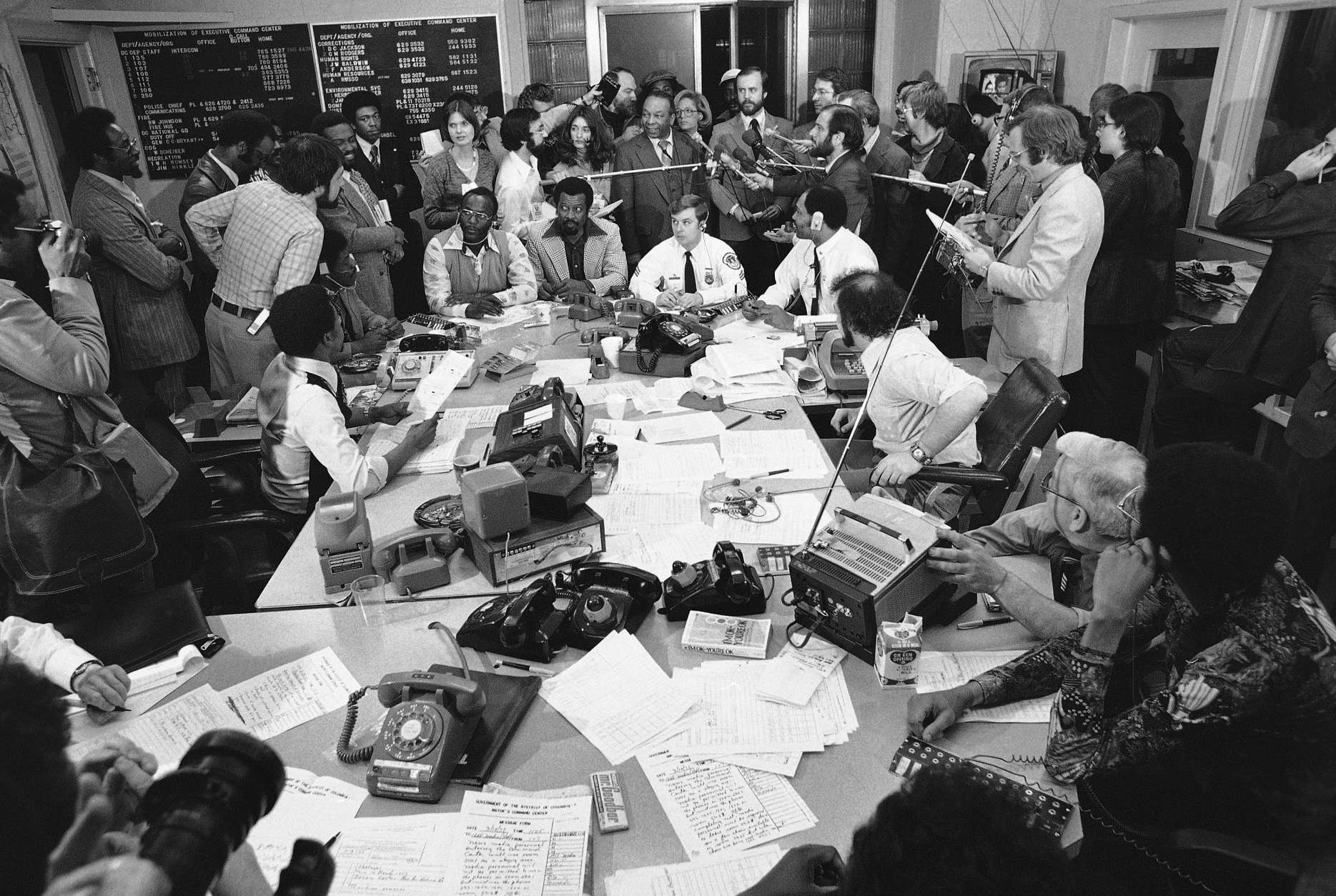
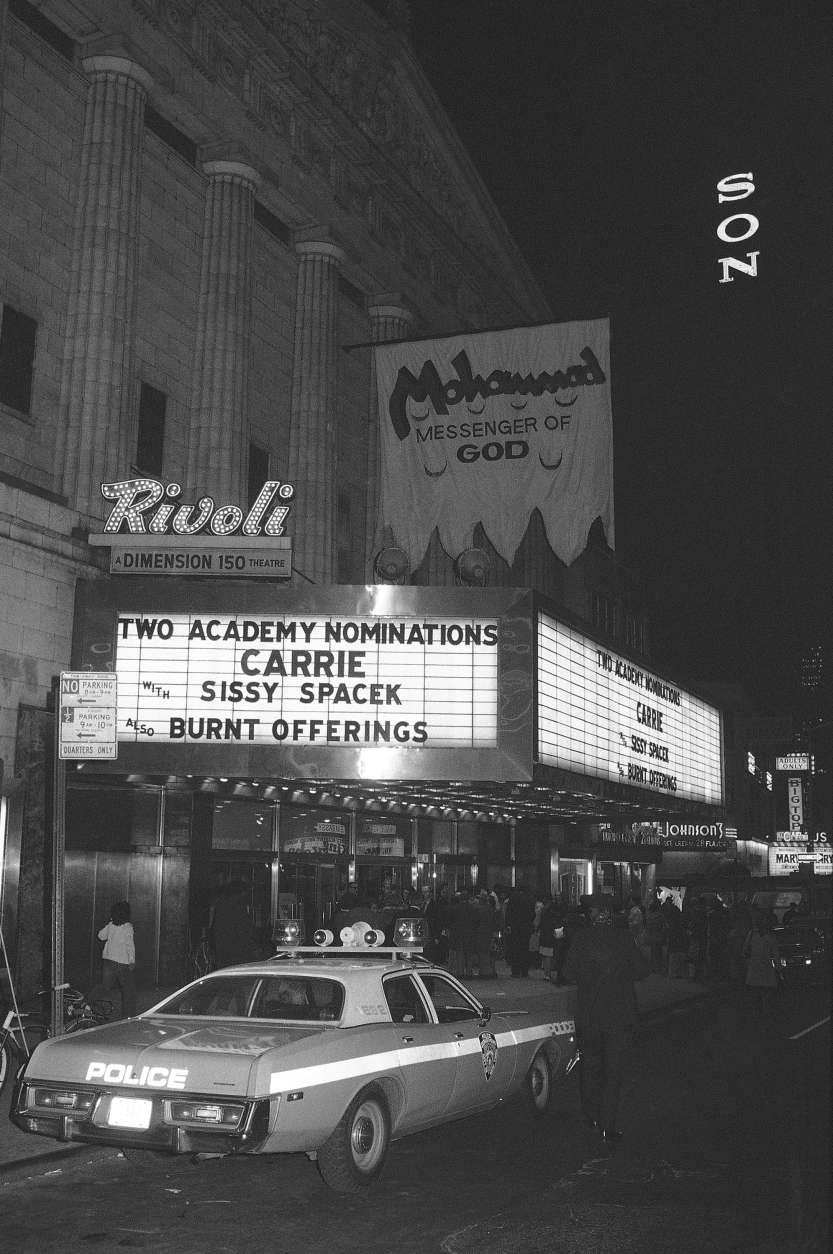
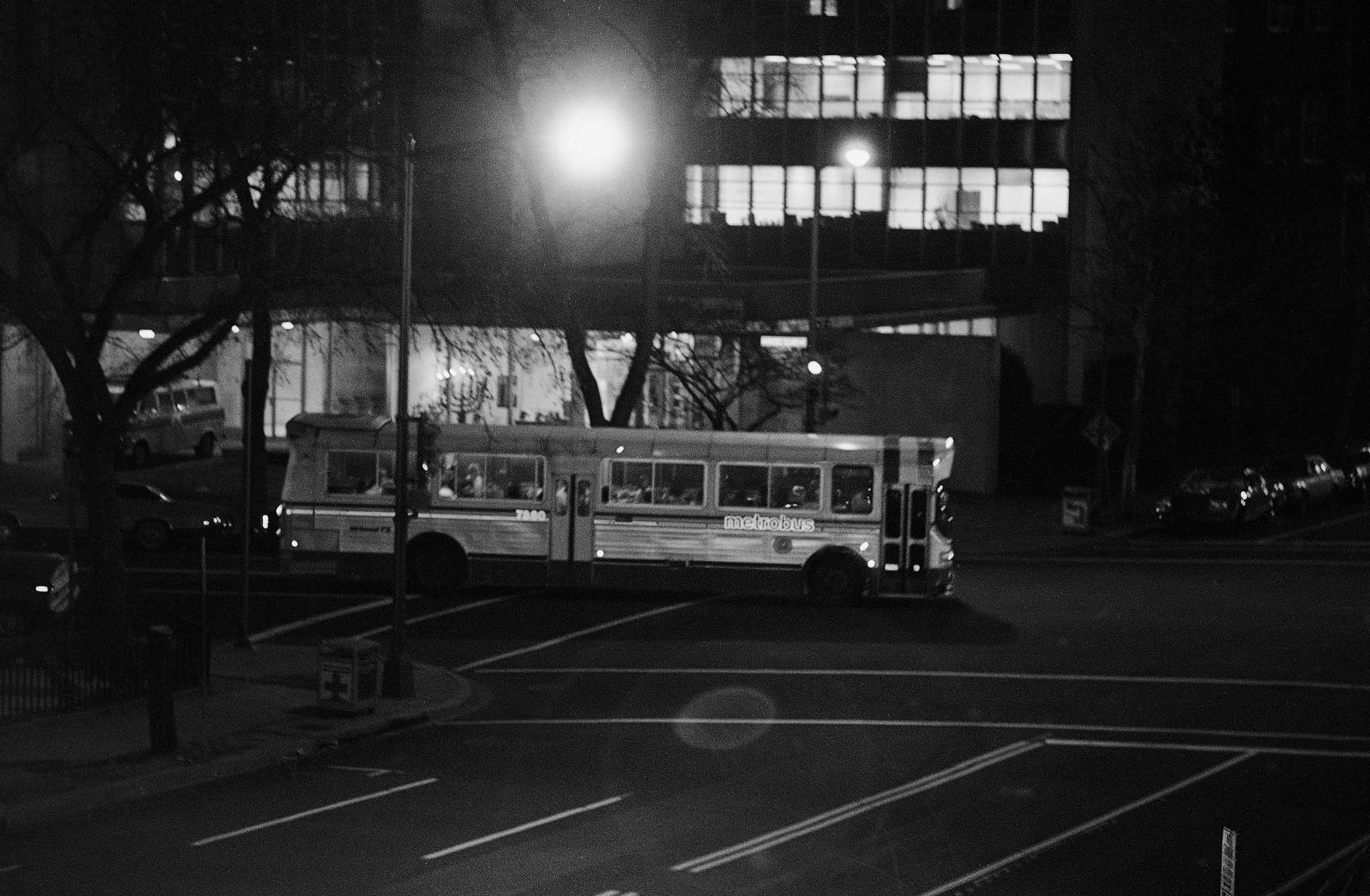
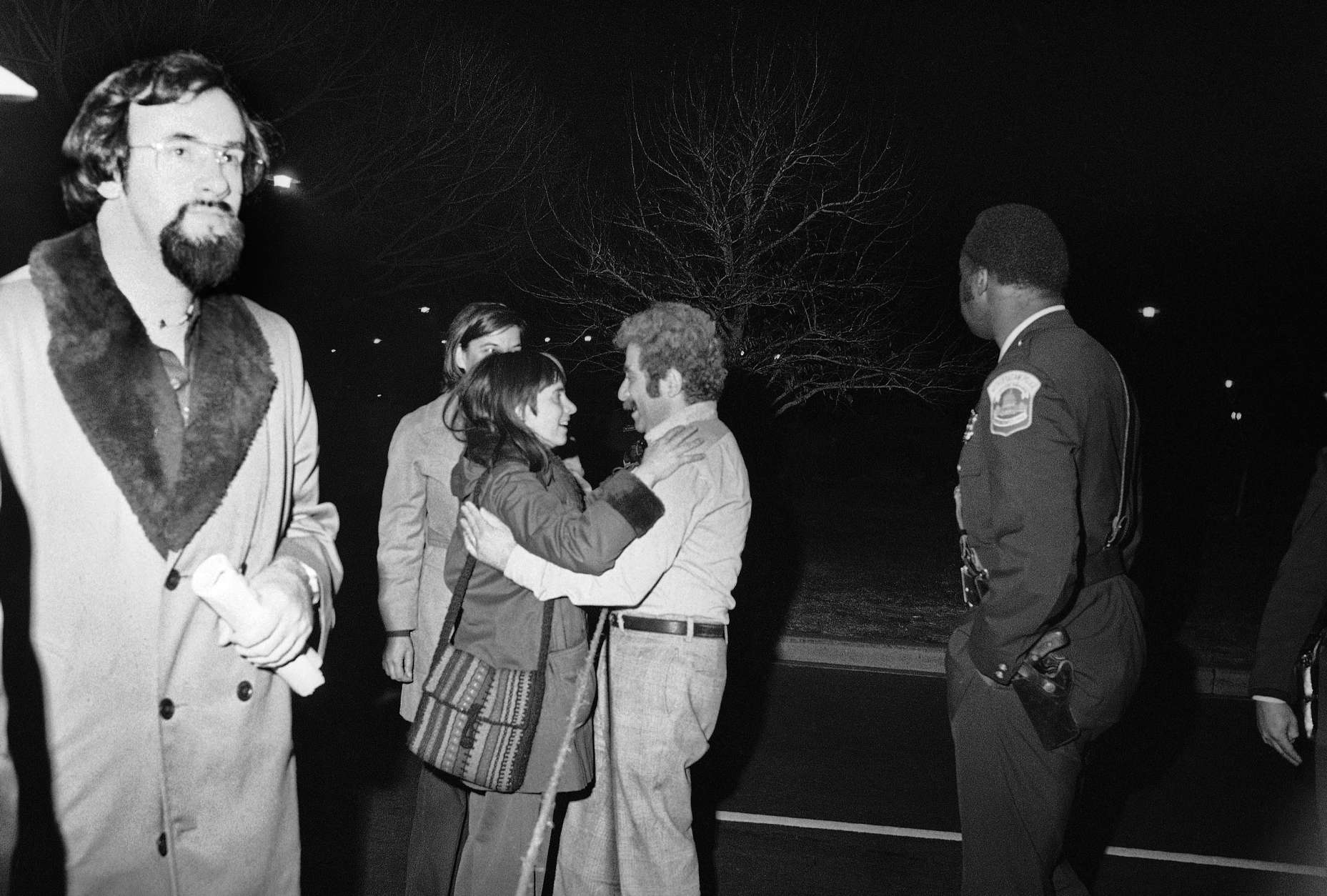
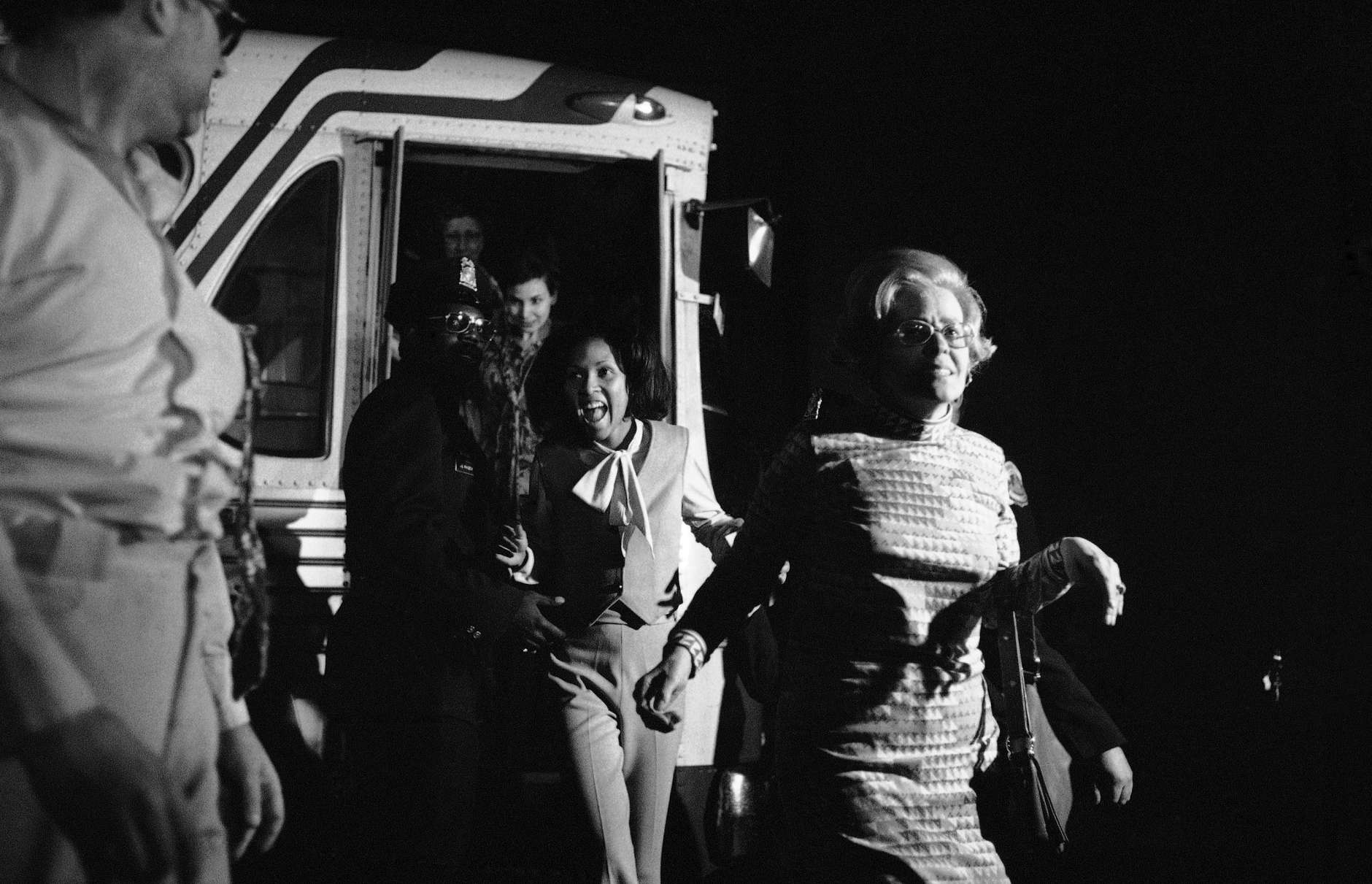
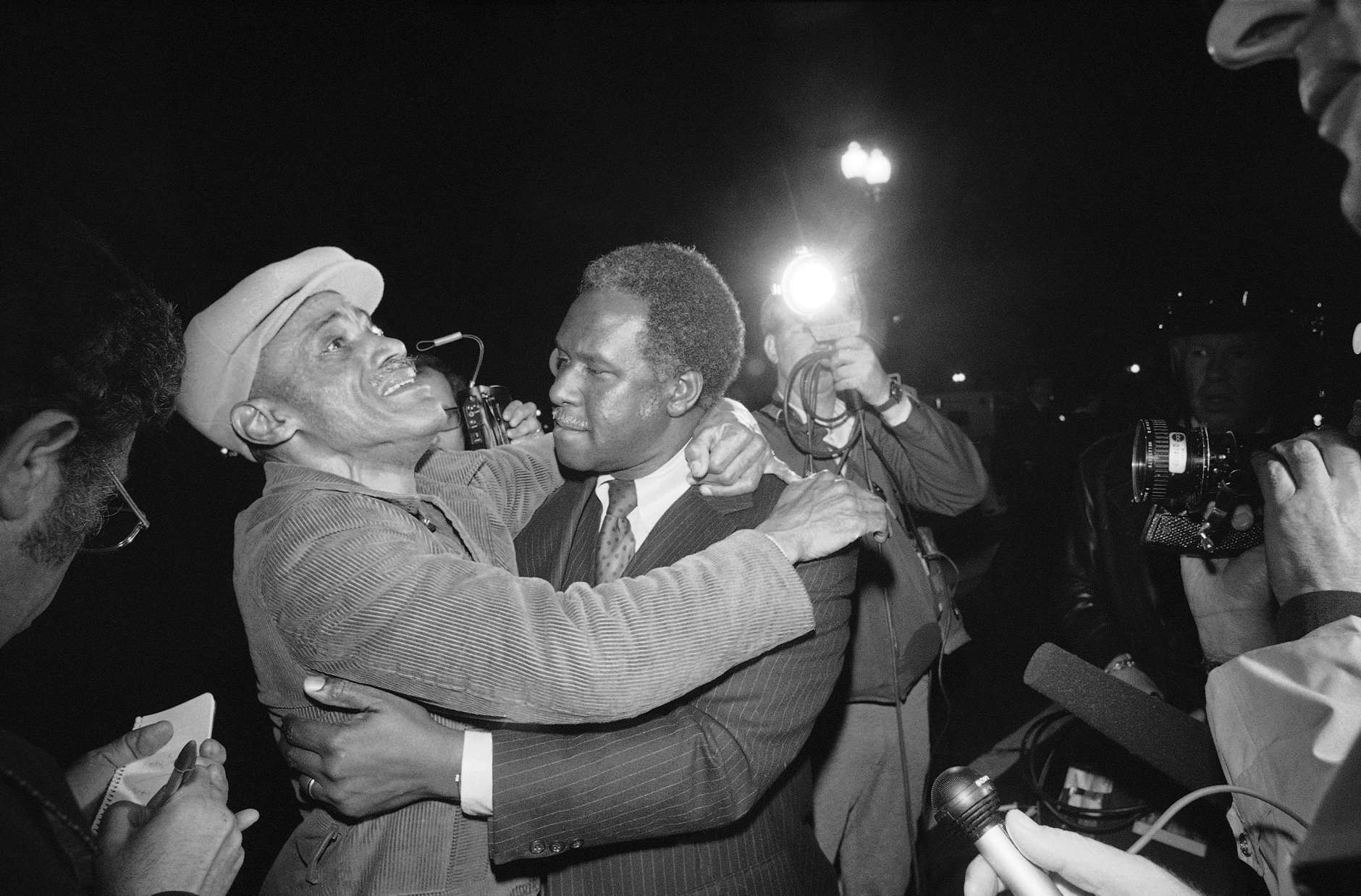
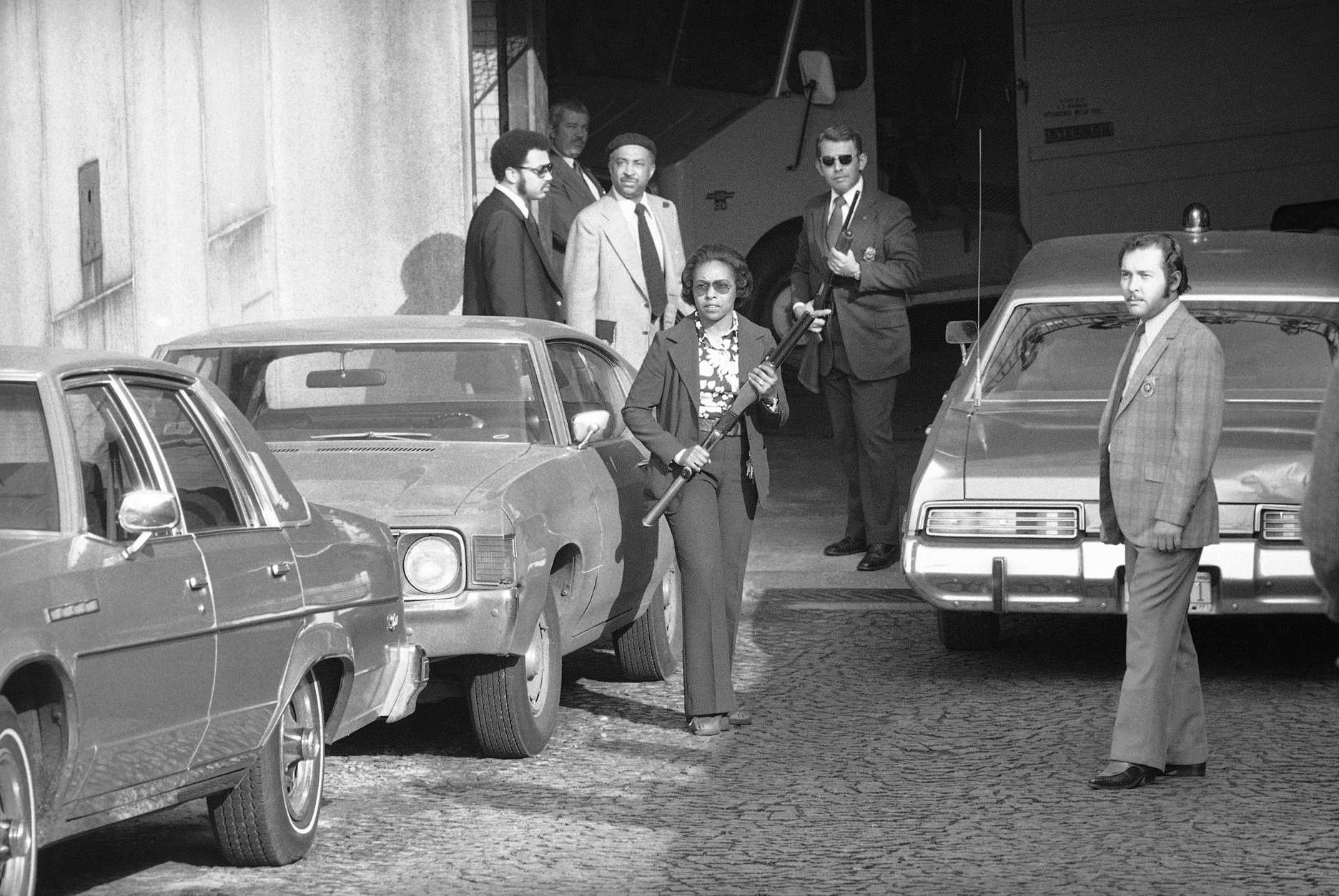
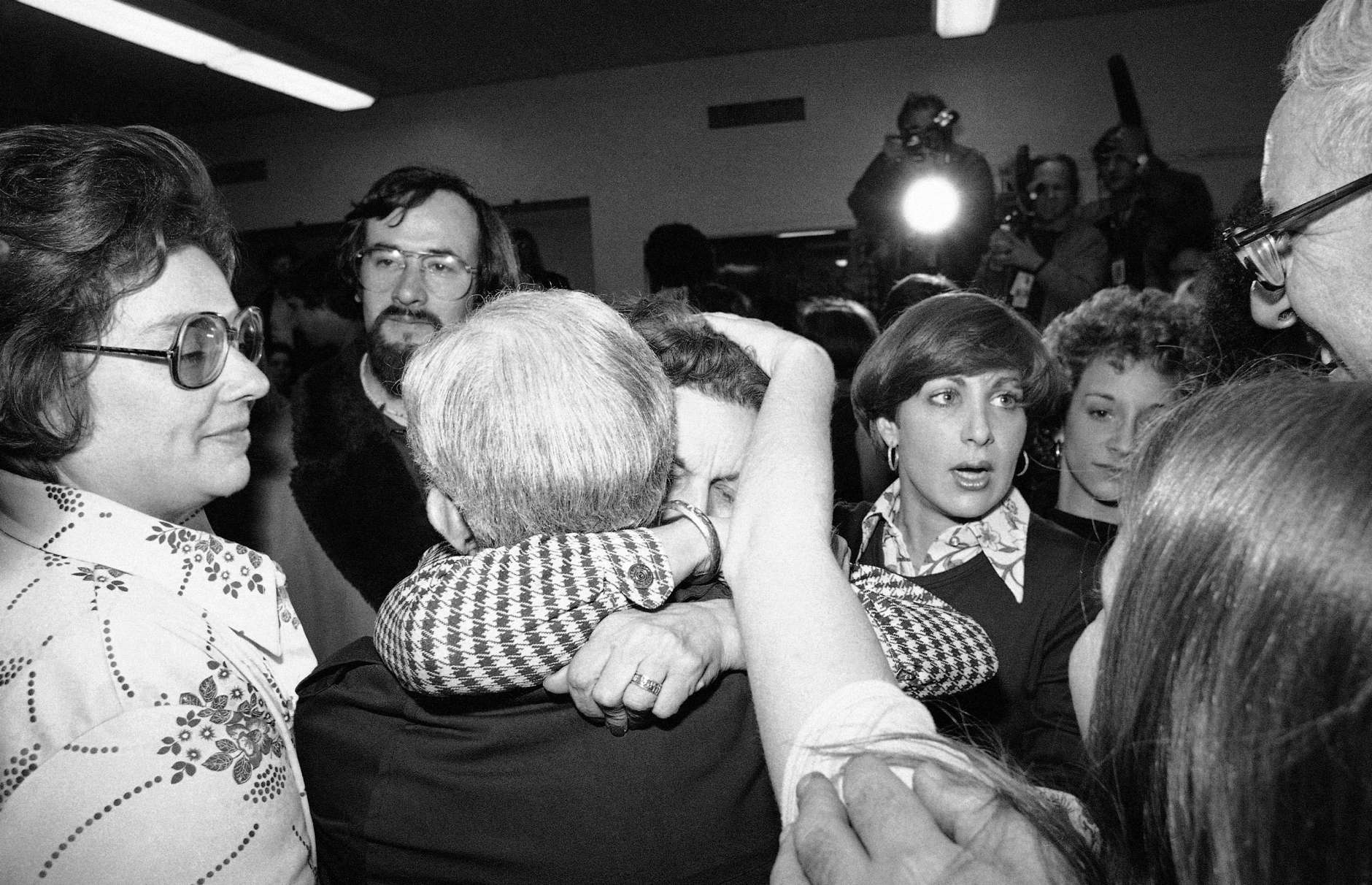
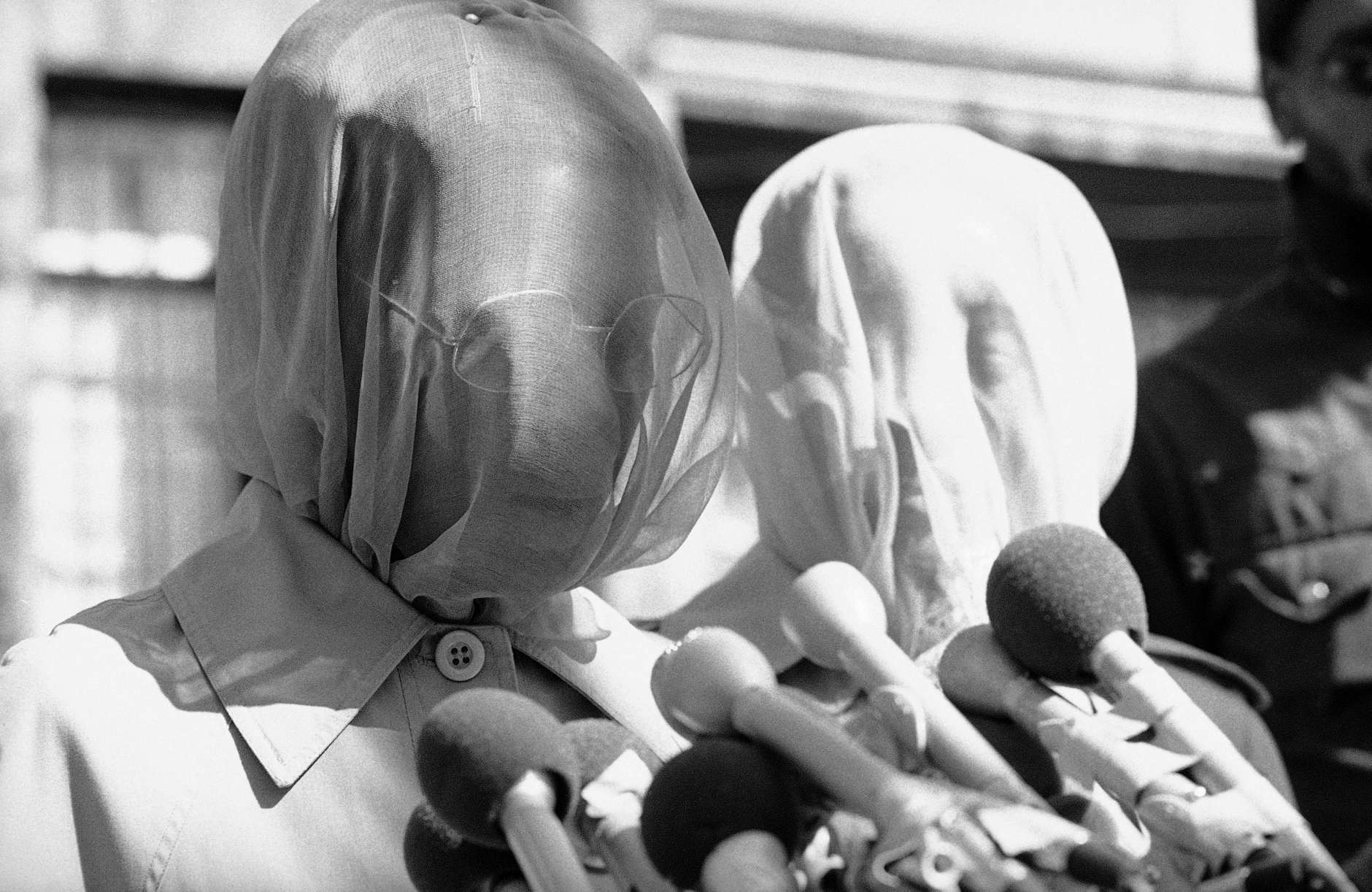
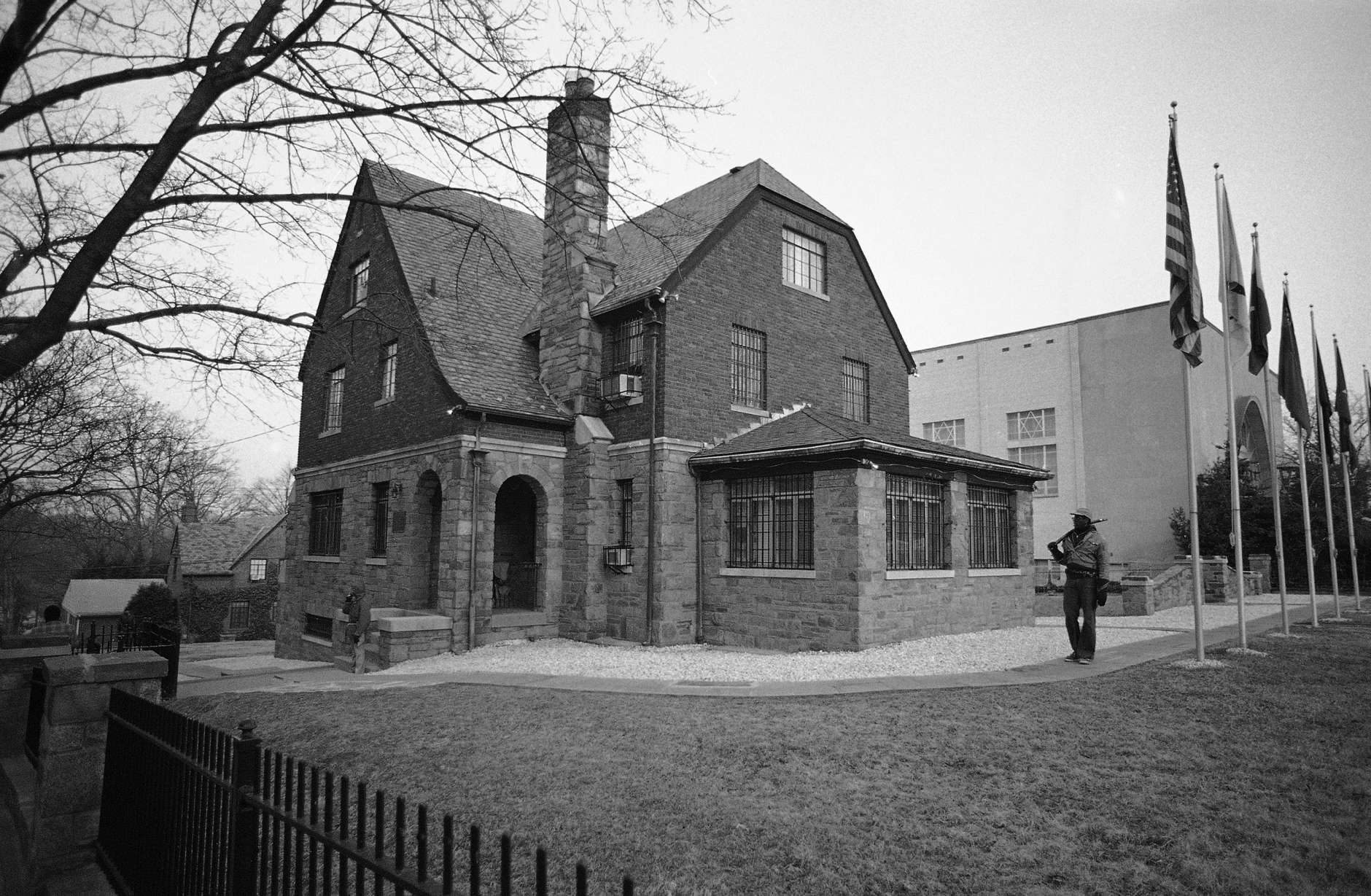
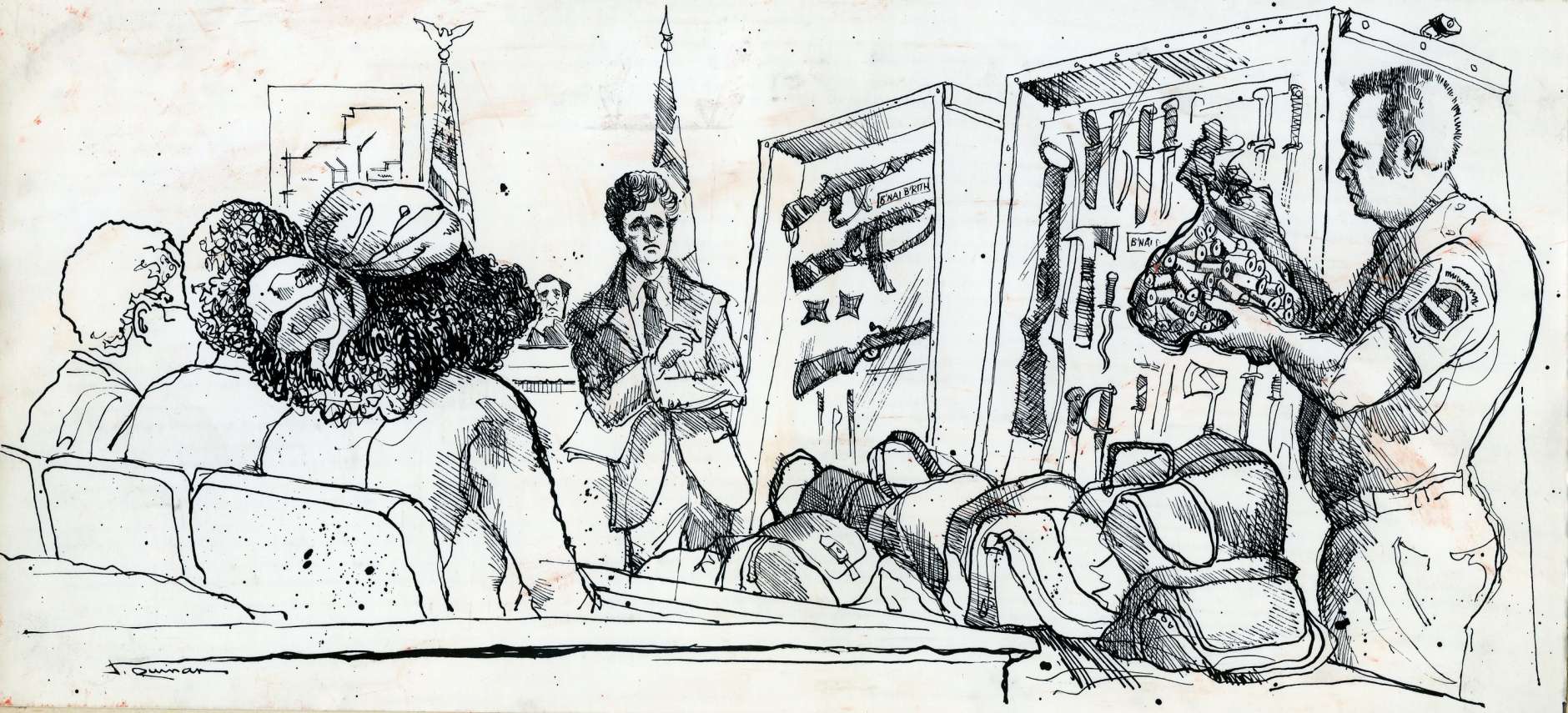
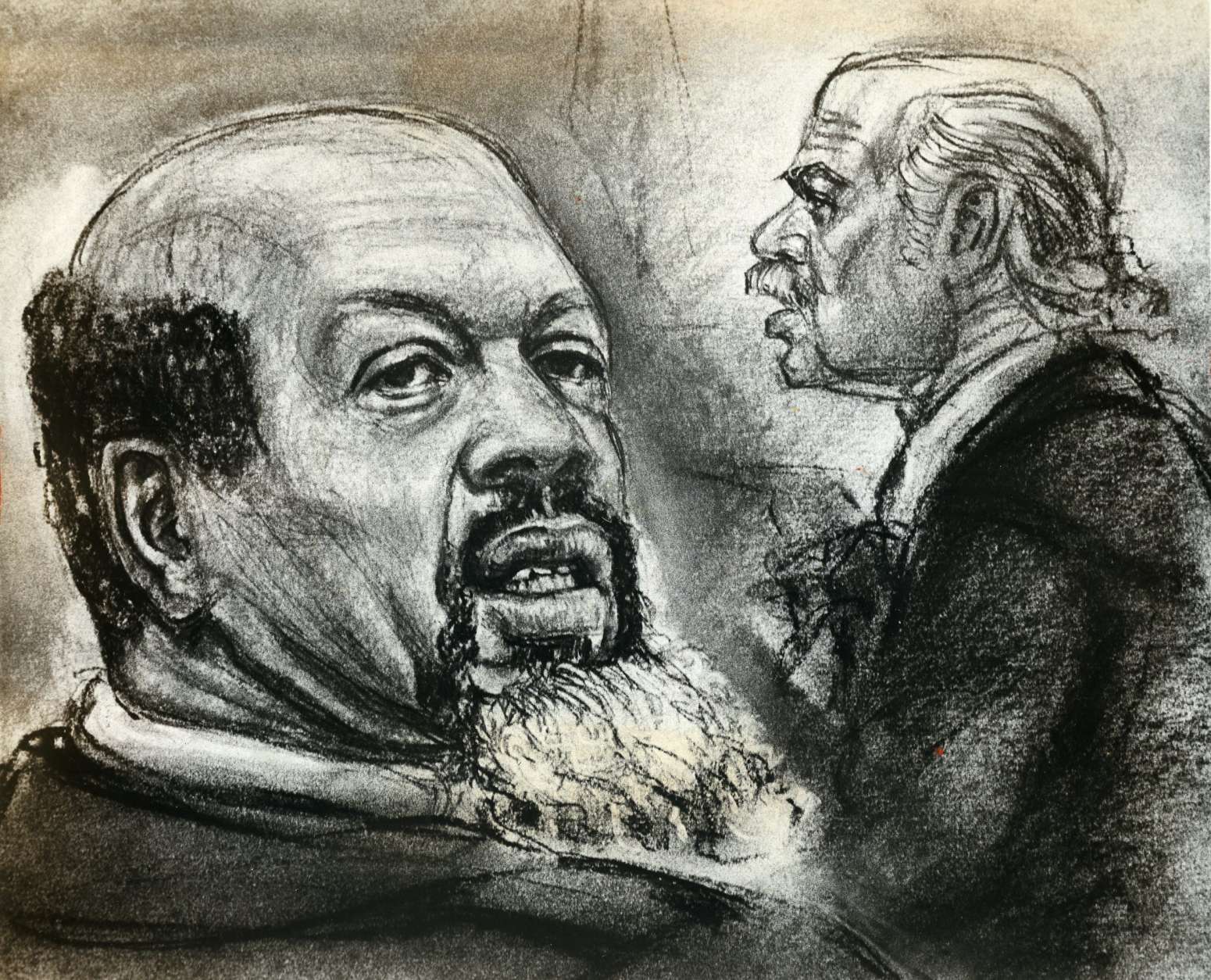
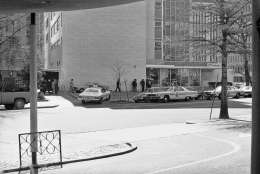
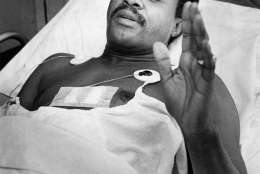
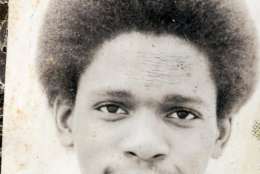
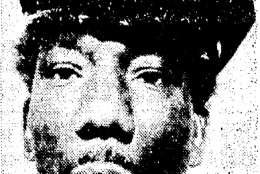
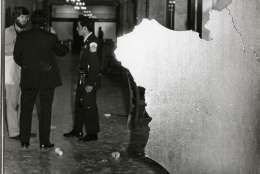
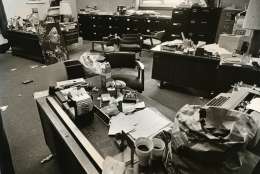
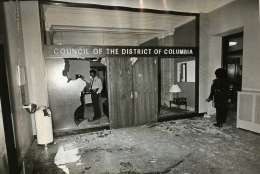
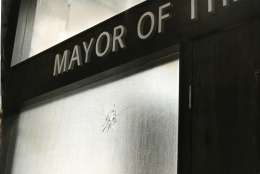
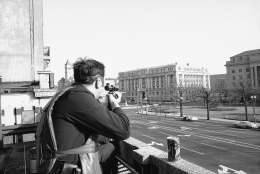
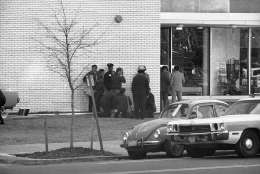
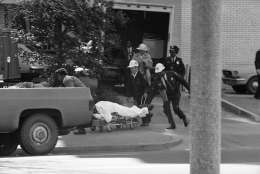
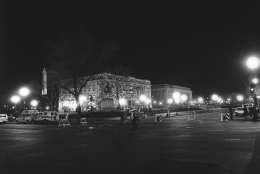
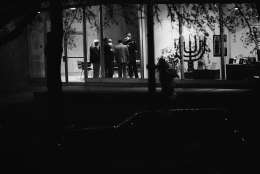
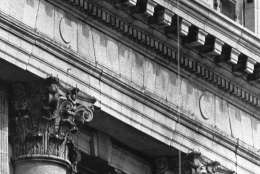
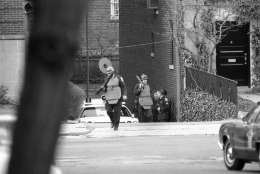
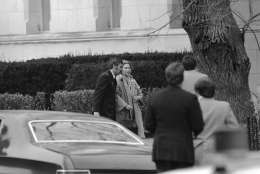
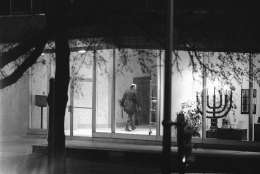
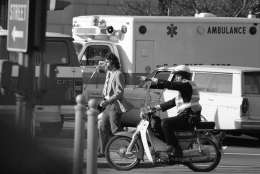
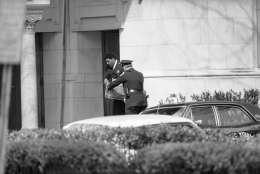
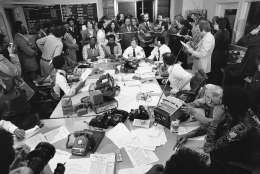
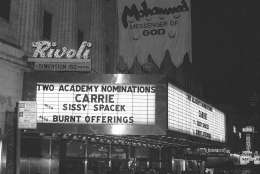
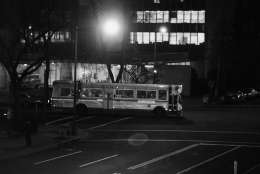
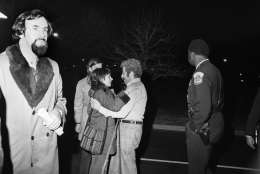
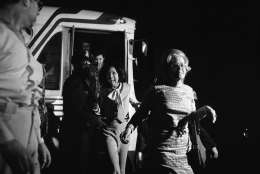
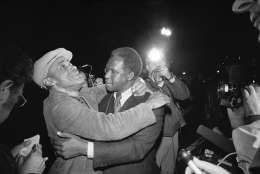
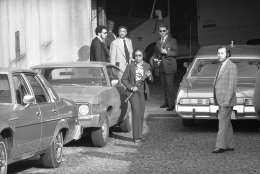
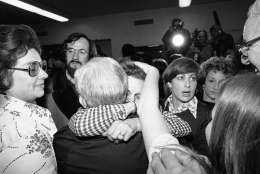
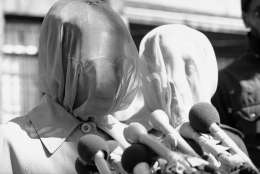
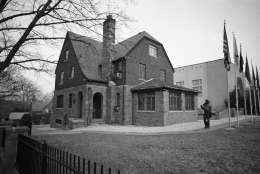
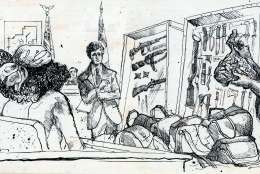
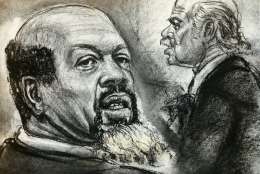
A few years prior to the siege, seven members of Khaalis’ family were murdered at his D.C. home, and one of his demands during the siege was to have the convicted killers handed over to him.
During the hostage crisis, Khaalis was listening to Bohannon on WTOP.
“I made reference to them as ‘apparently a black Muslim group,’ not realizing that the term ‘black Muslims’ referred to the main body of black Muslims who were in literal war with the Hanafi Muslim sect.”
Khaalis called the station and demanded that Bohannon apologize on TV. “Or he would, as he put it, start cutting off heads, putting them in paper bags, and tossing them out the window,” Bohannon said.
He made his apology on WTOP-TV, what today is Channel 9.
In those days, the radio and TV stations were in the same building, so all Bohannon had to do was go downstairs.
WHUR reporter Maurice Williams was shot and killed during the siege. Another person shot – security guard Mack Cantrell – died days later. Marion Barry, then a Council member, was also hit by a stray shotgun pellet.
Bohannon will never forget how breaking news turned his air shift into a marathon.
“I anchored that first day the longest stint of my life continuously on air, from 10 a.m. the day it started until 7 a.m. the following morning — 21 consecutive hours.”
Eventually, ambassadors from three countries — Egypt, Iran and Pakistan — helped bring the siege to an end.
“We should remember it because it was one of the first acts of serious domestic terrorism,” said Bohannon, who can still be heard on D.C. airwaves from 10 p.m. to 1 a.m. weeknights on WFED.
The exhibit of nearly 40 photos will be on display at the Wilson Building for about the next two weeks.


